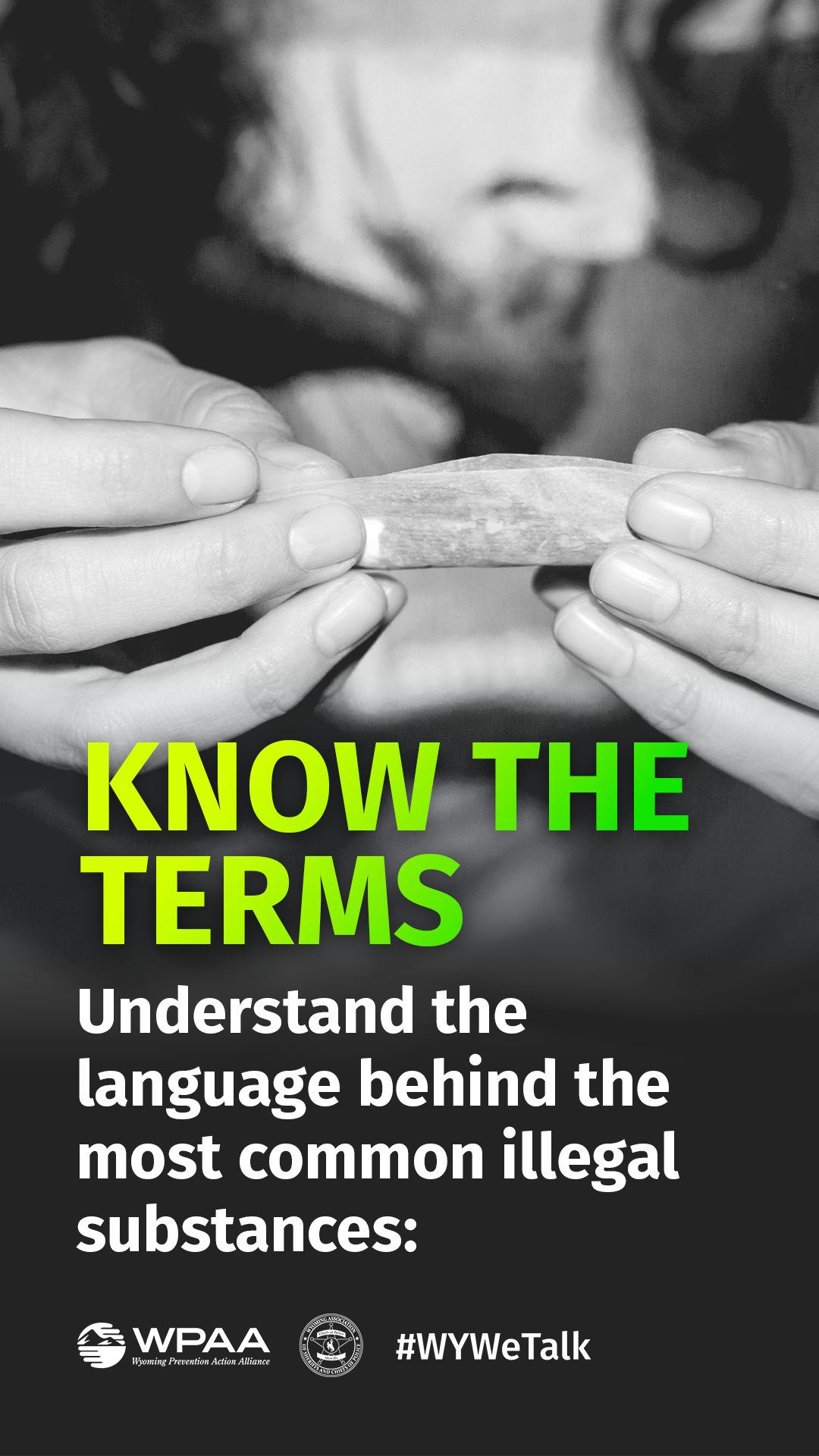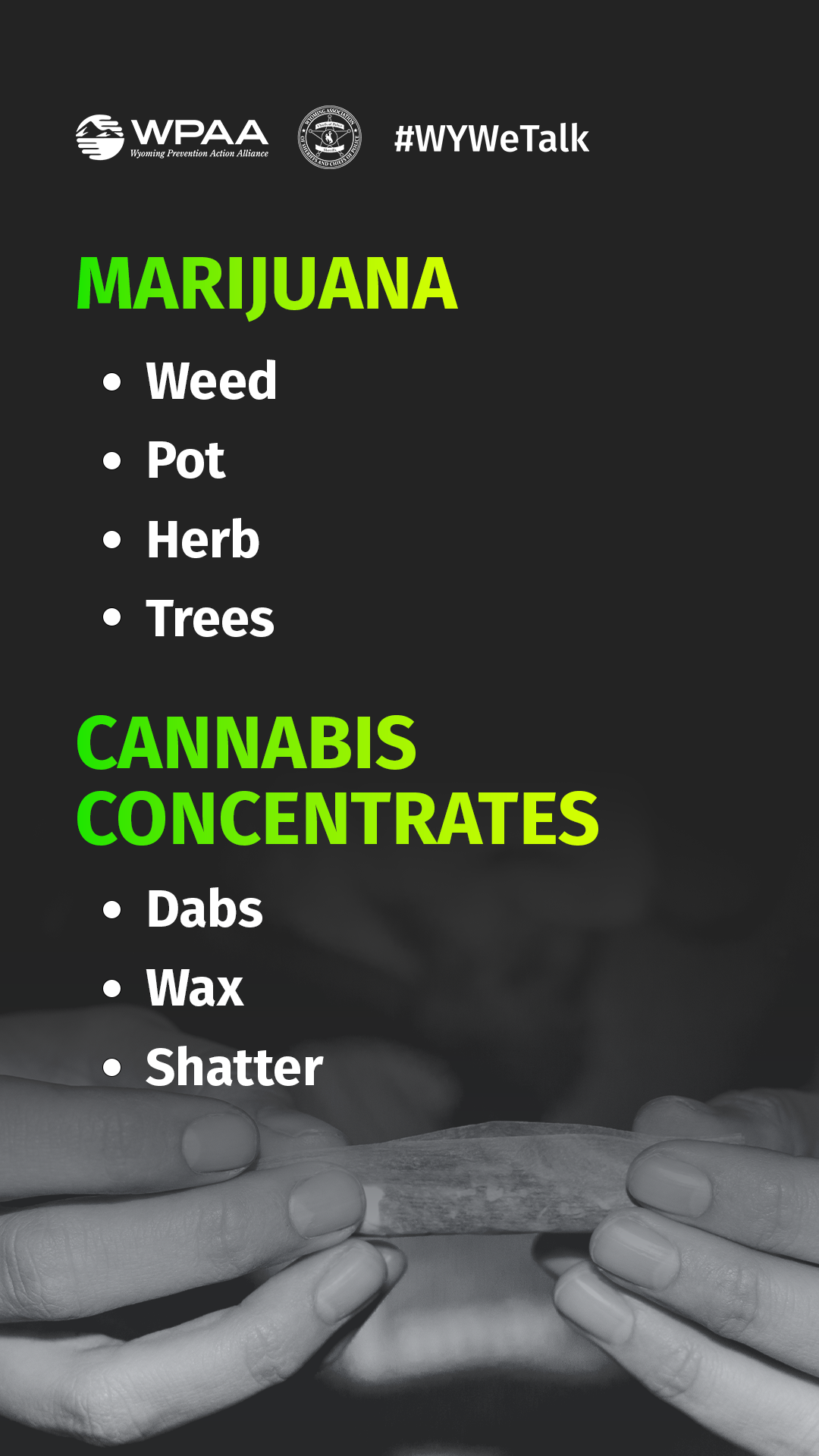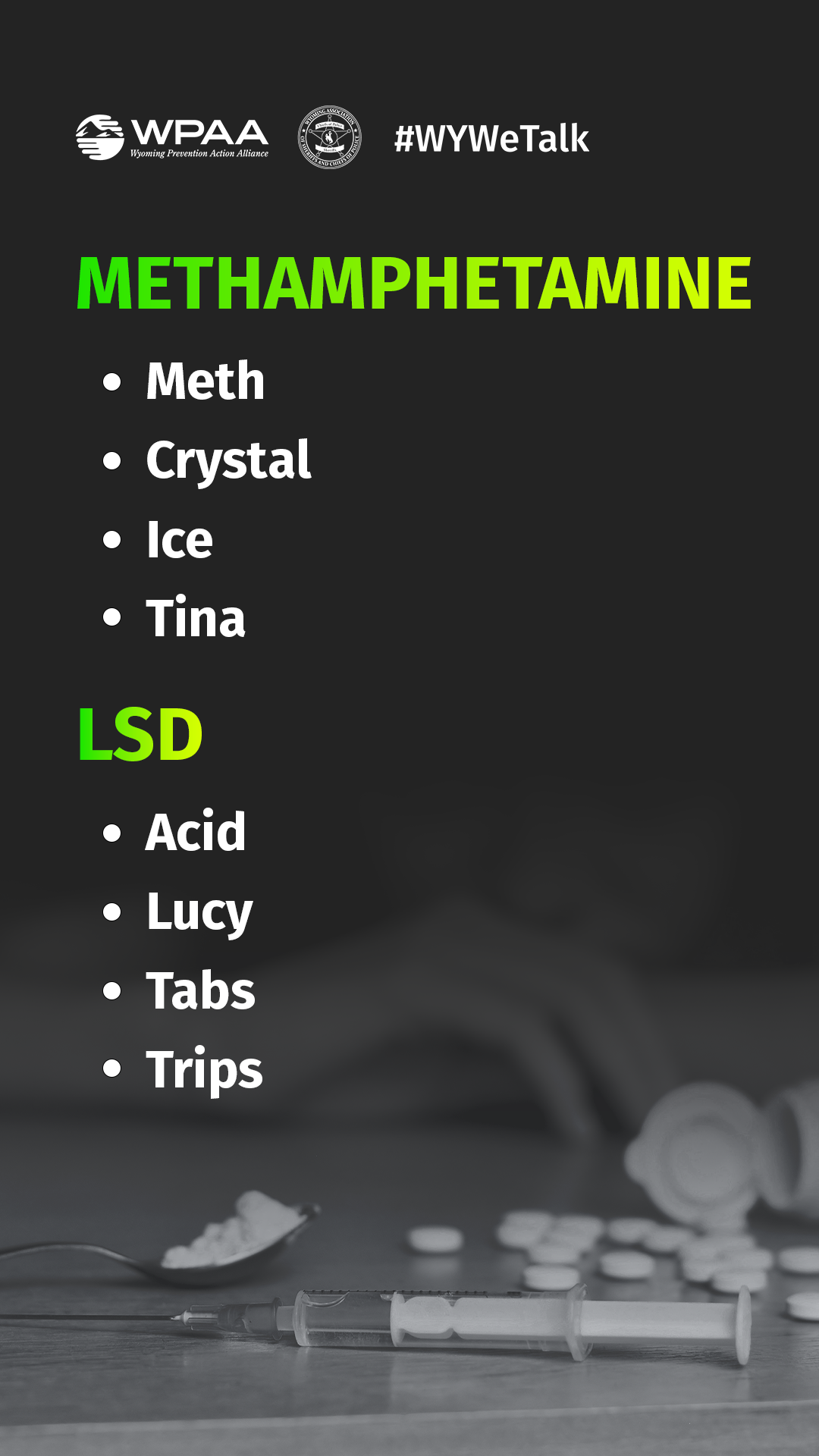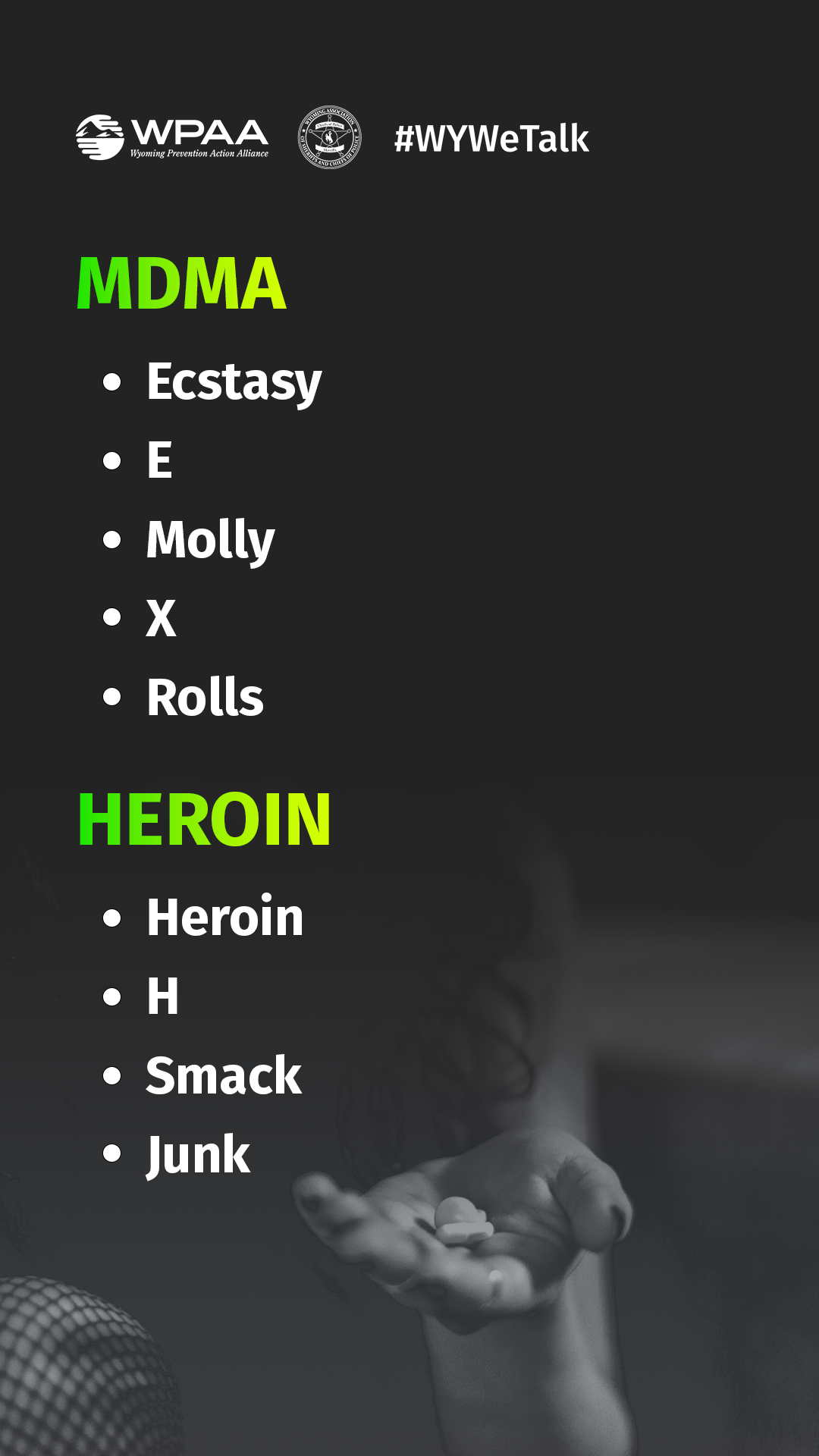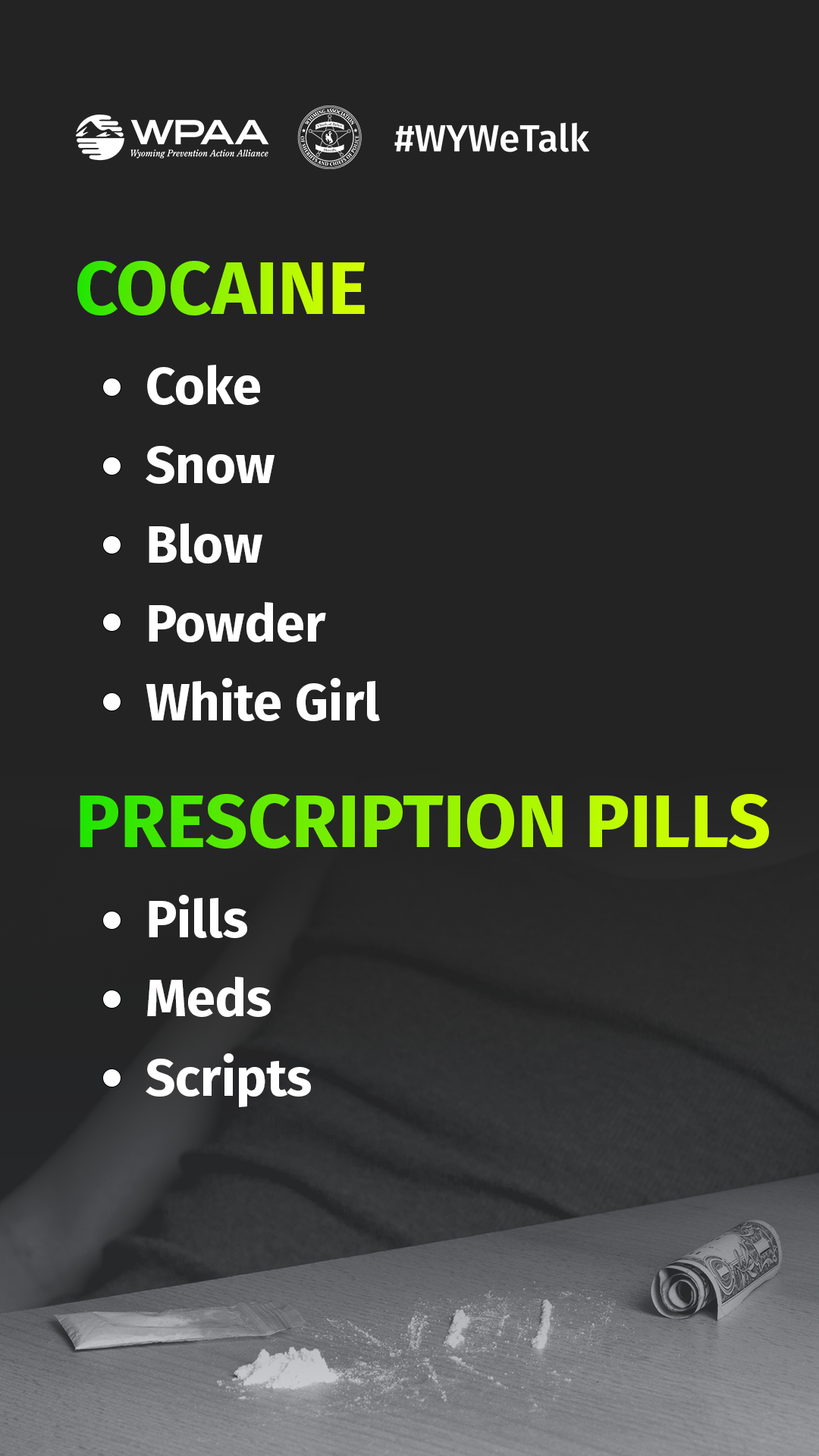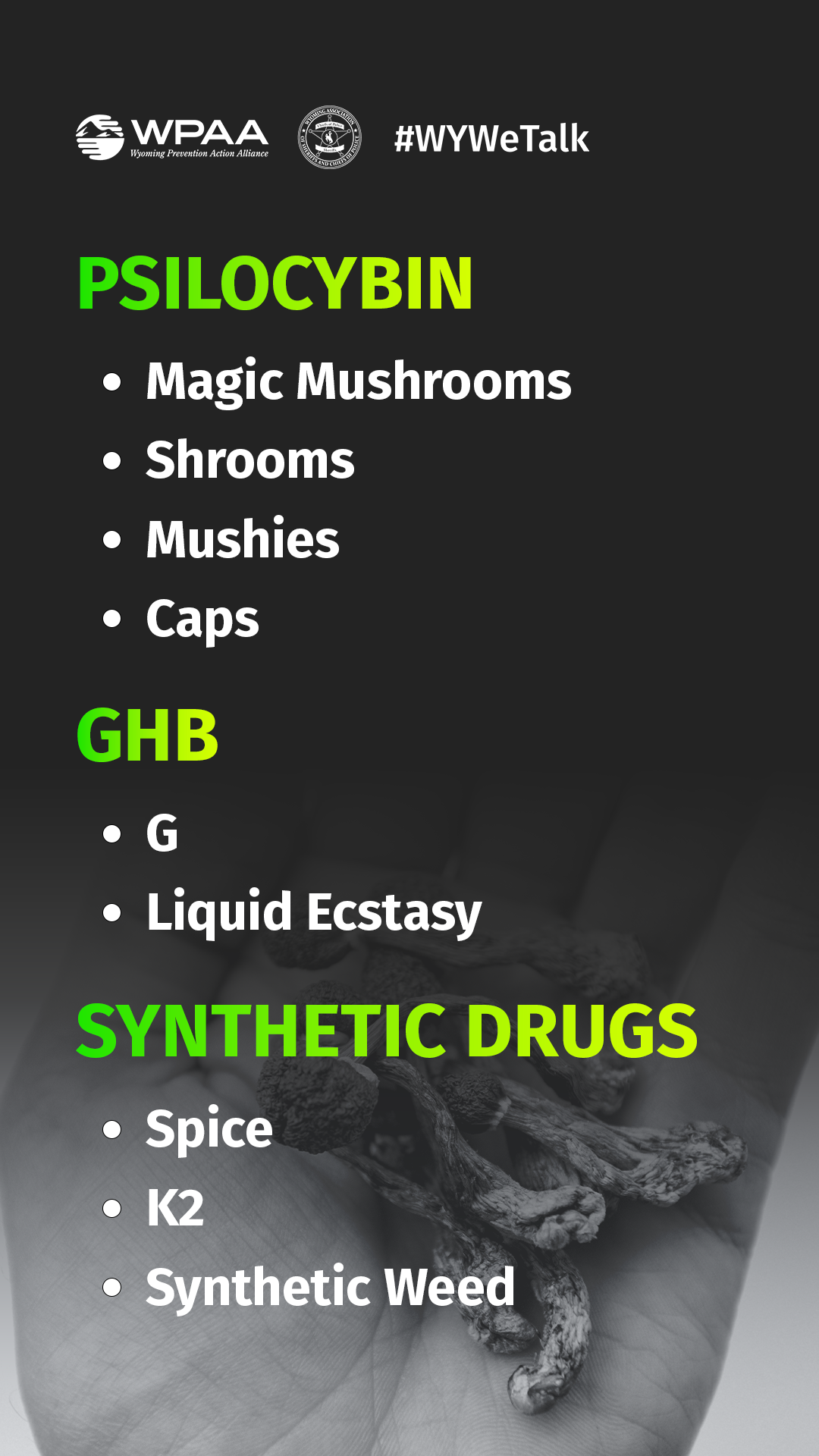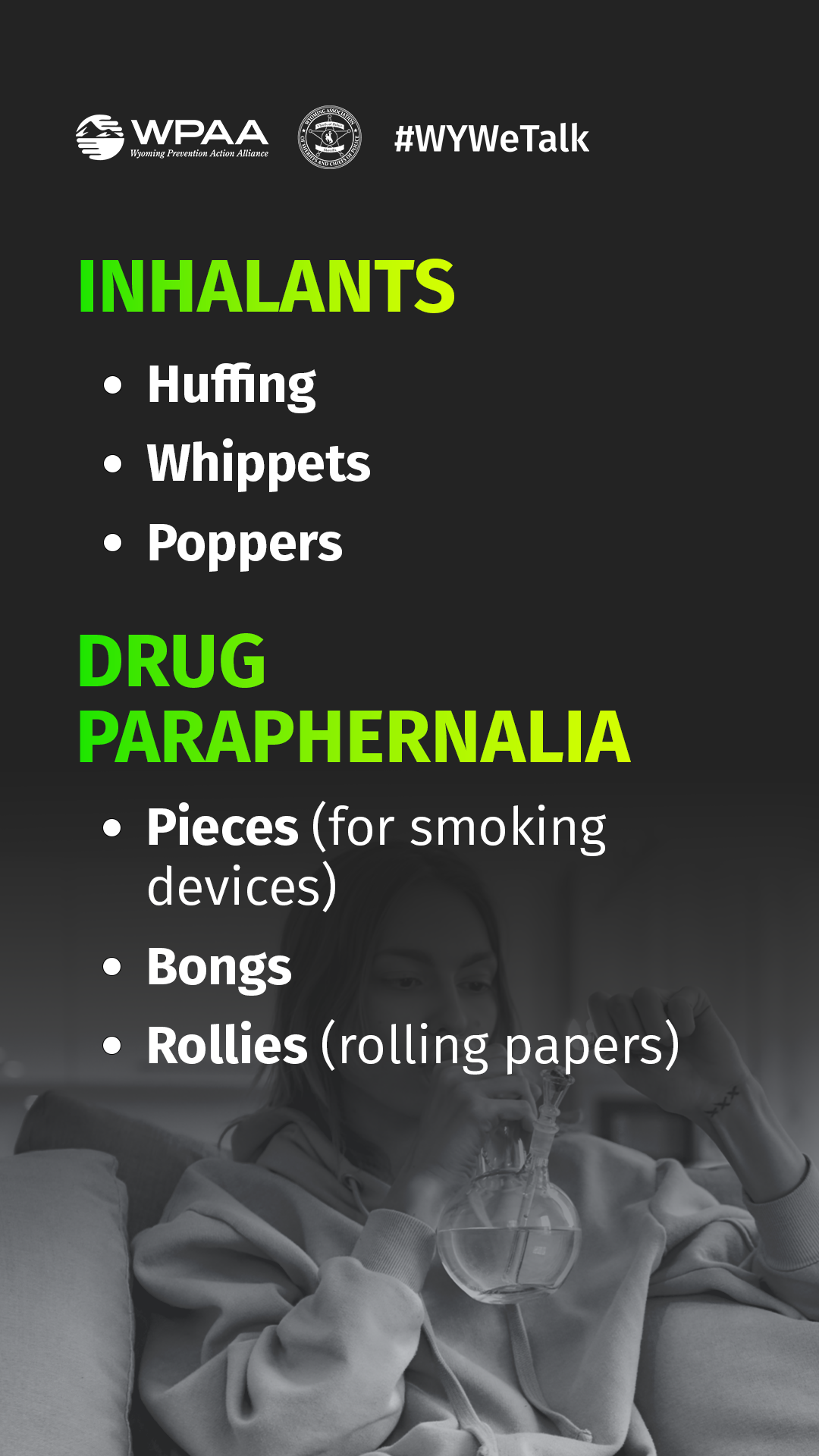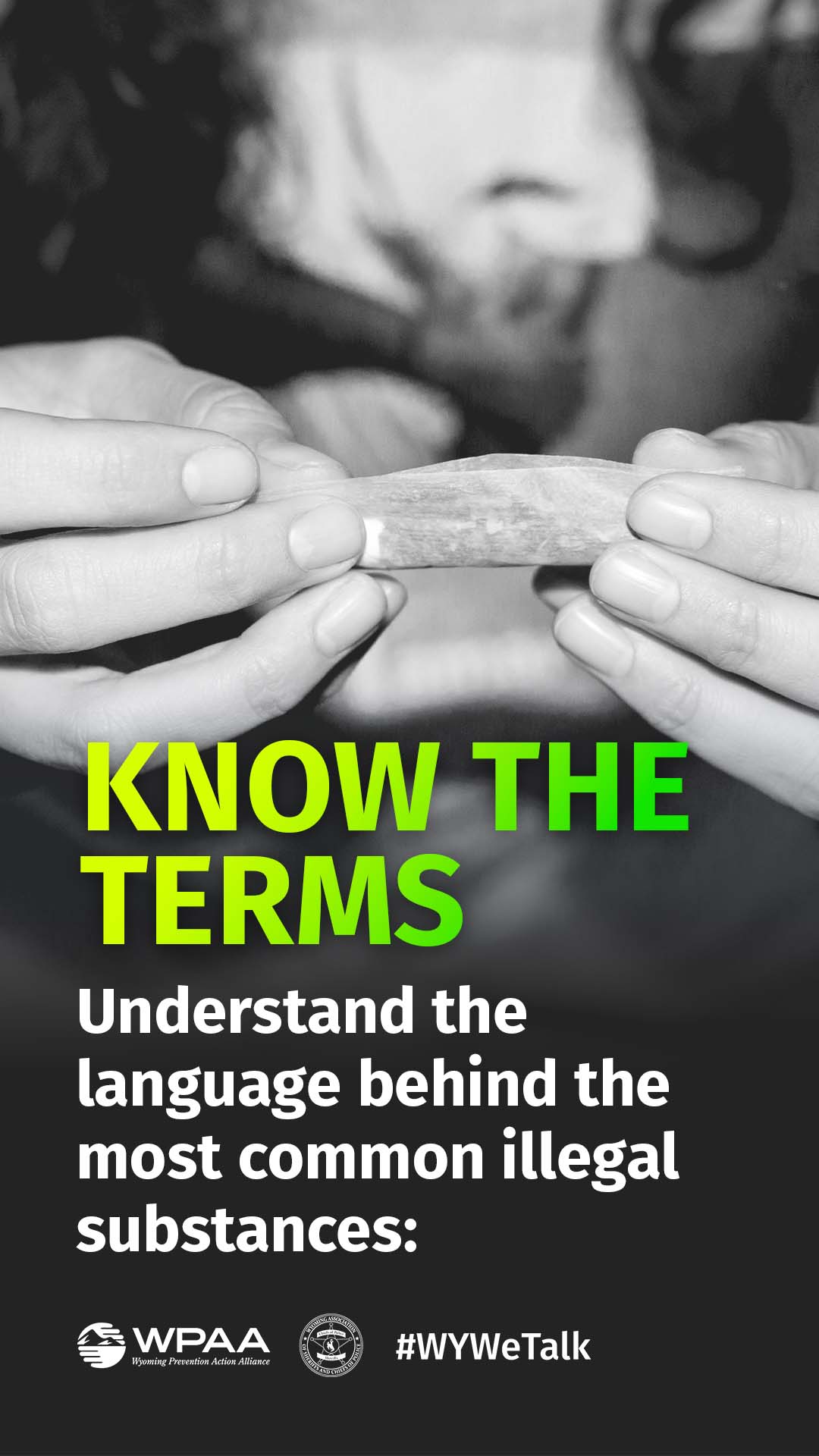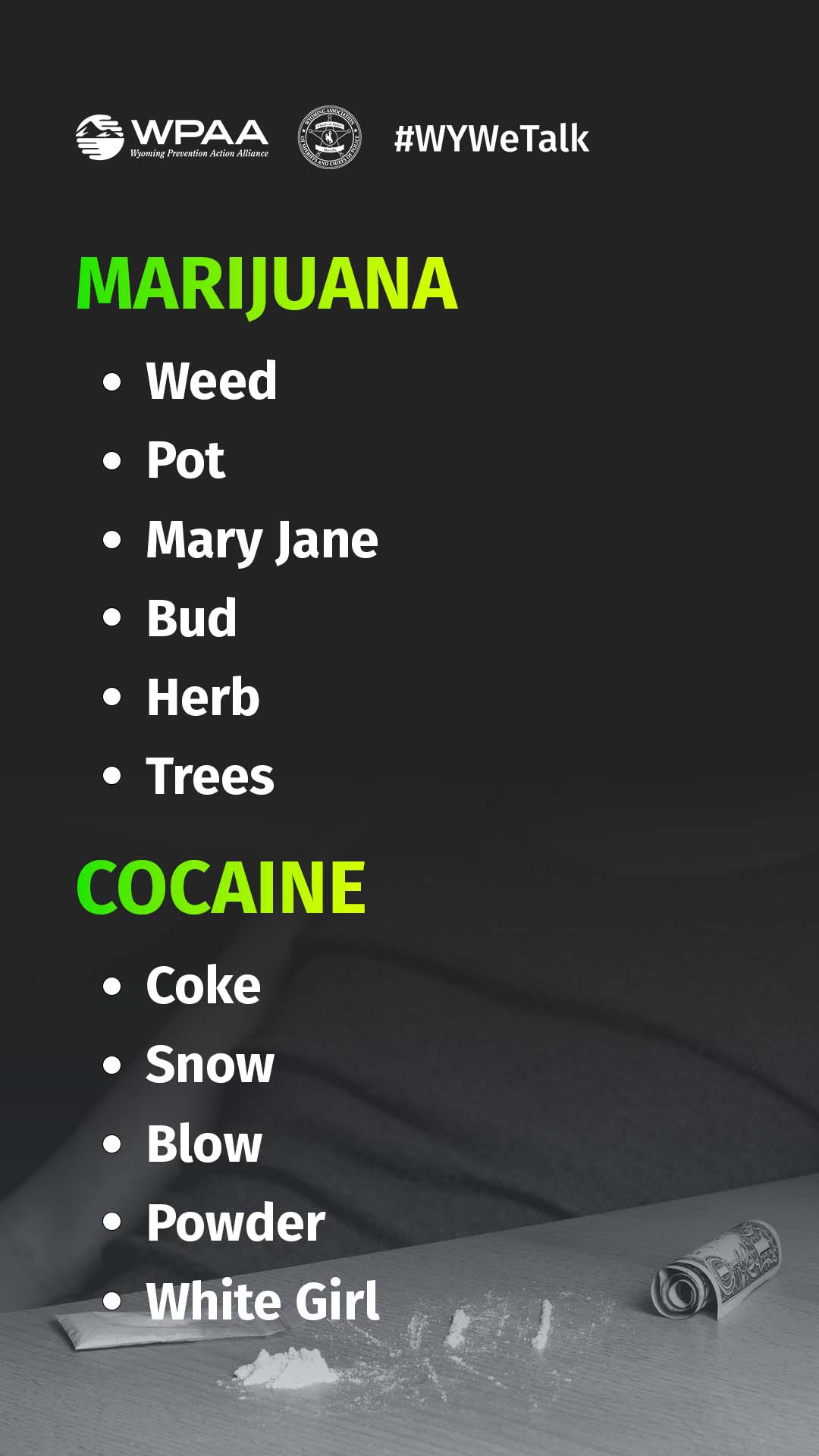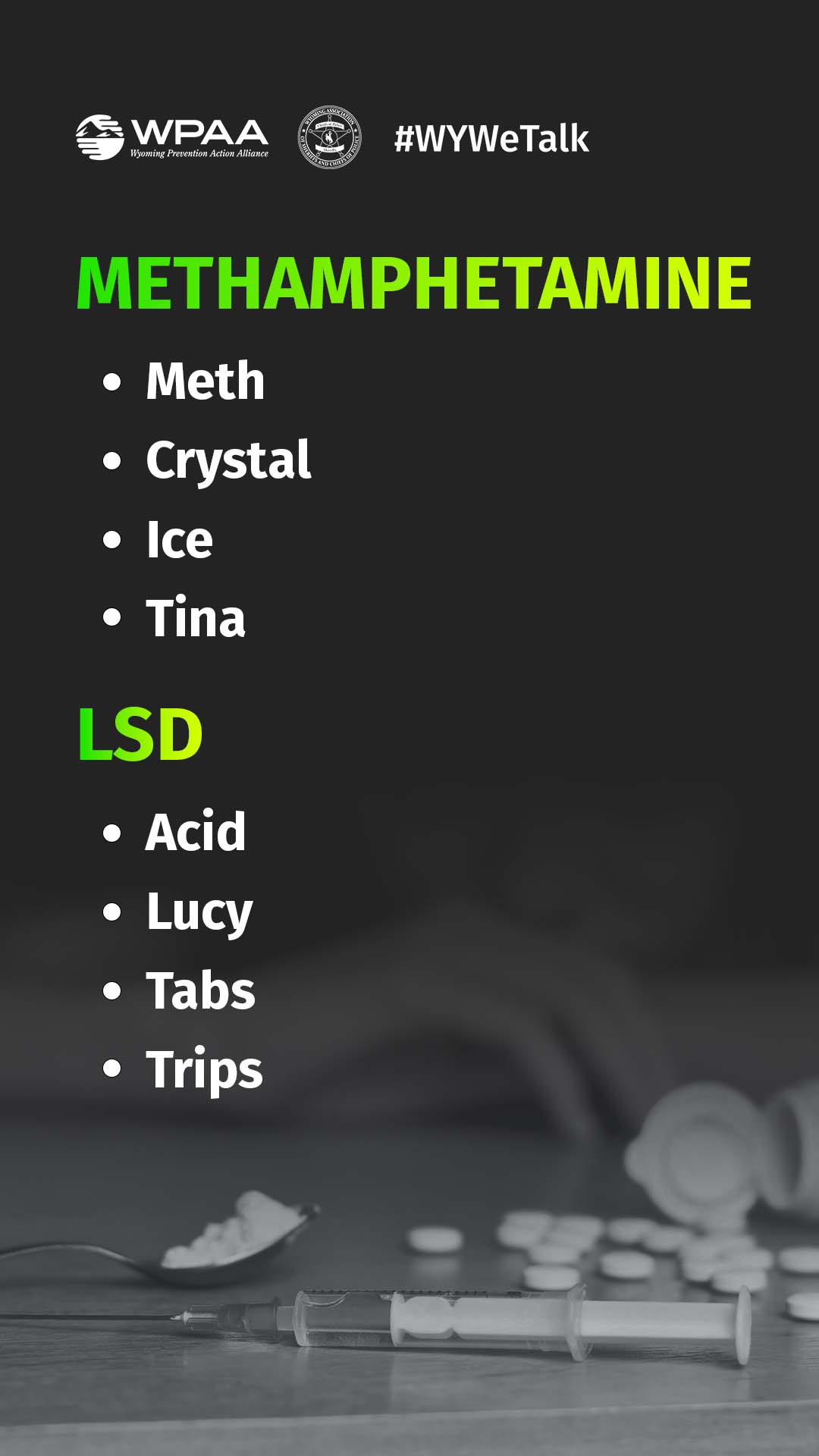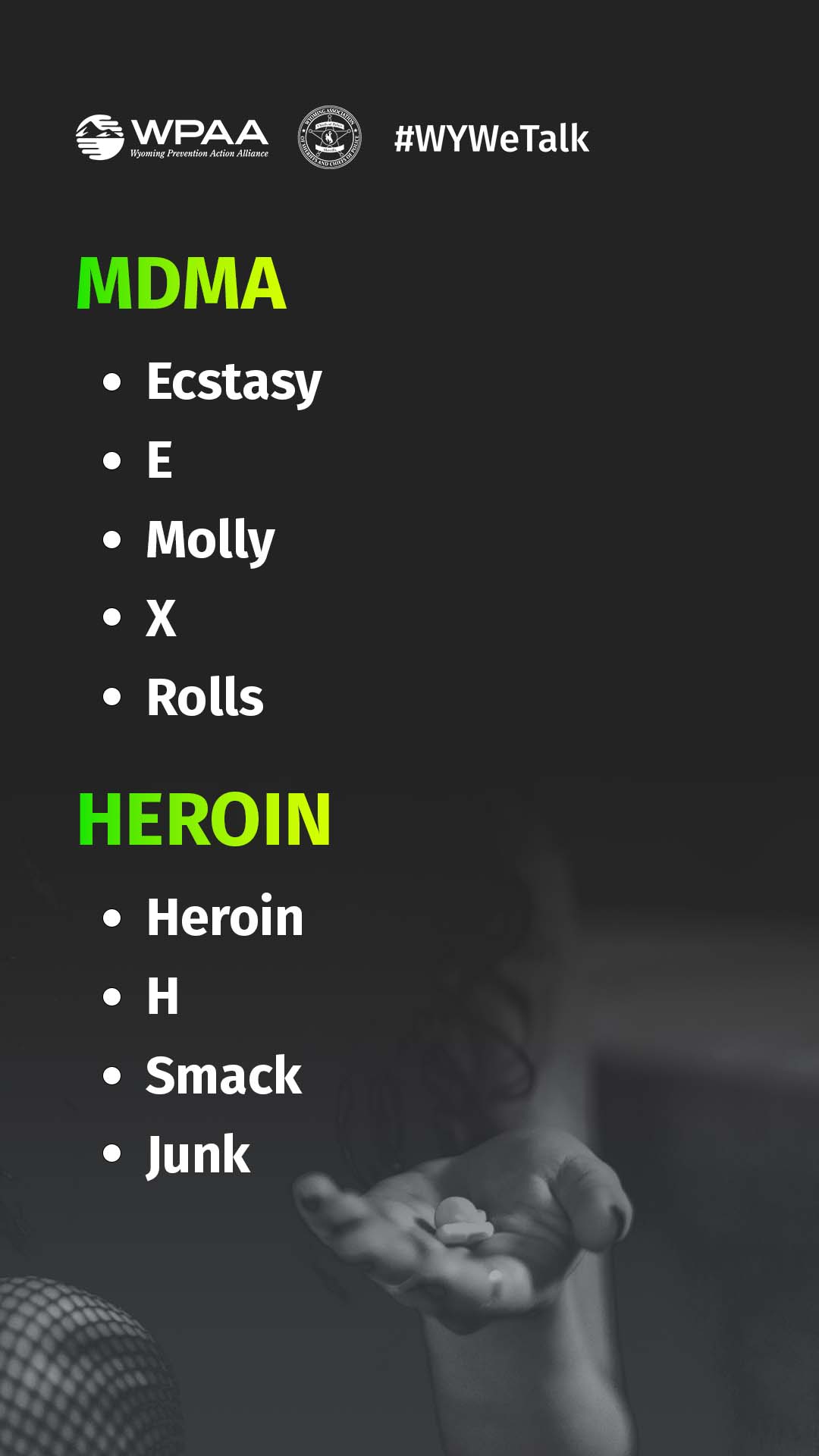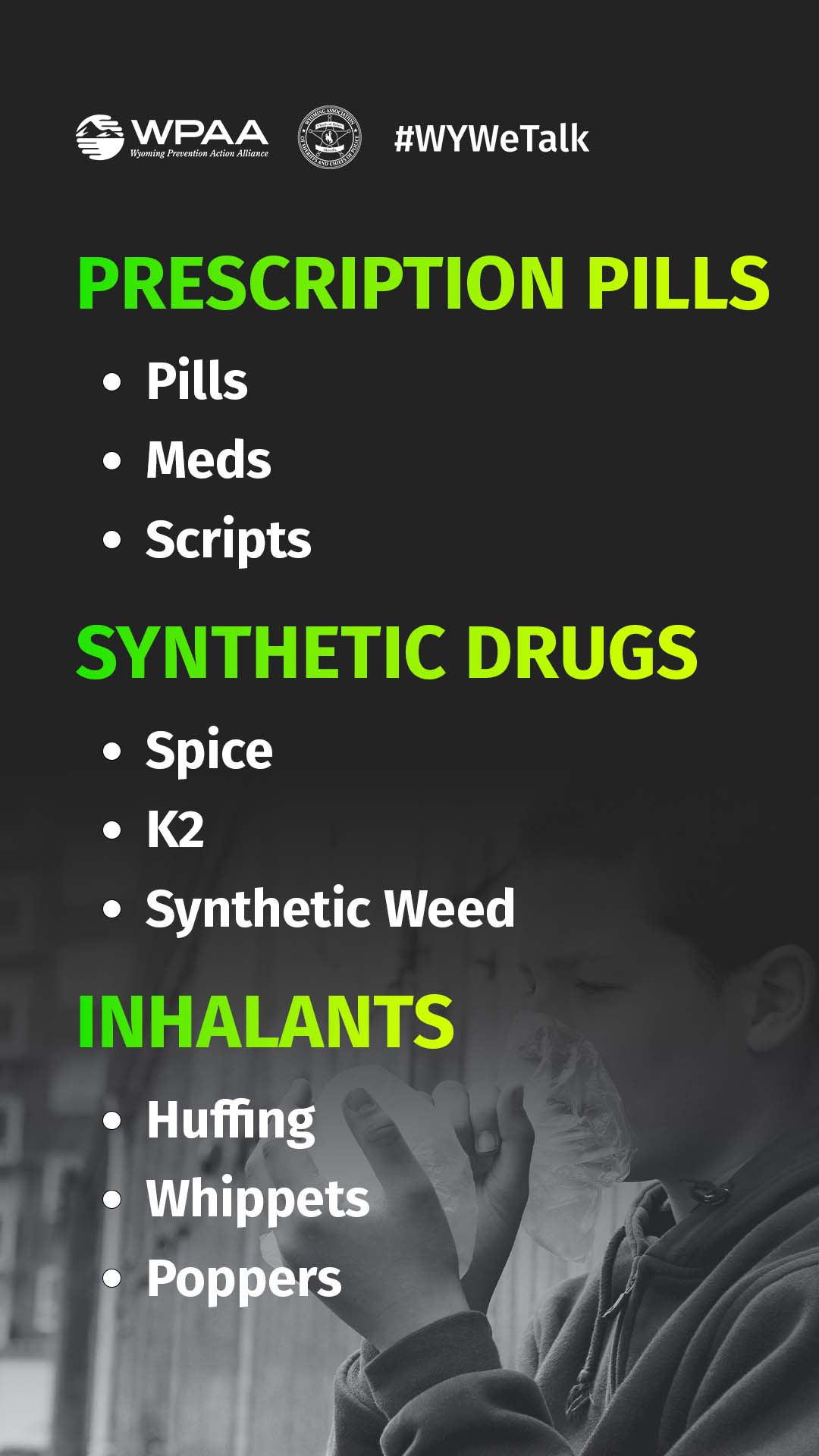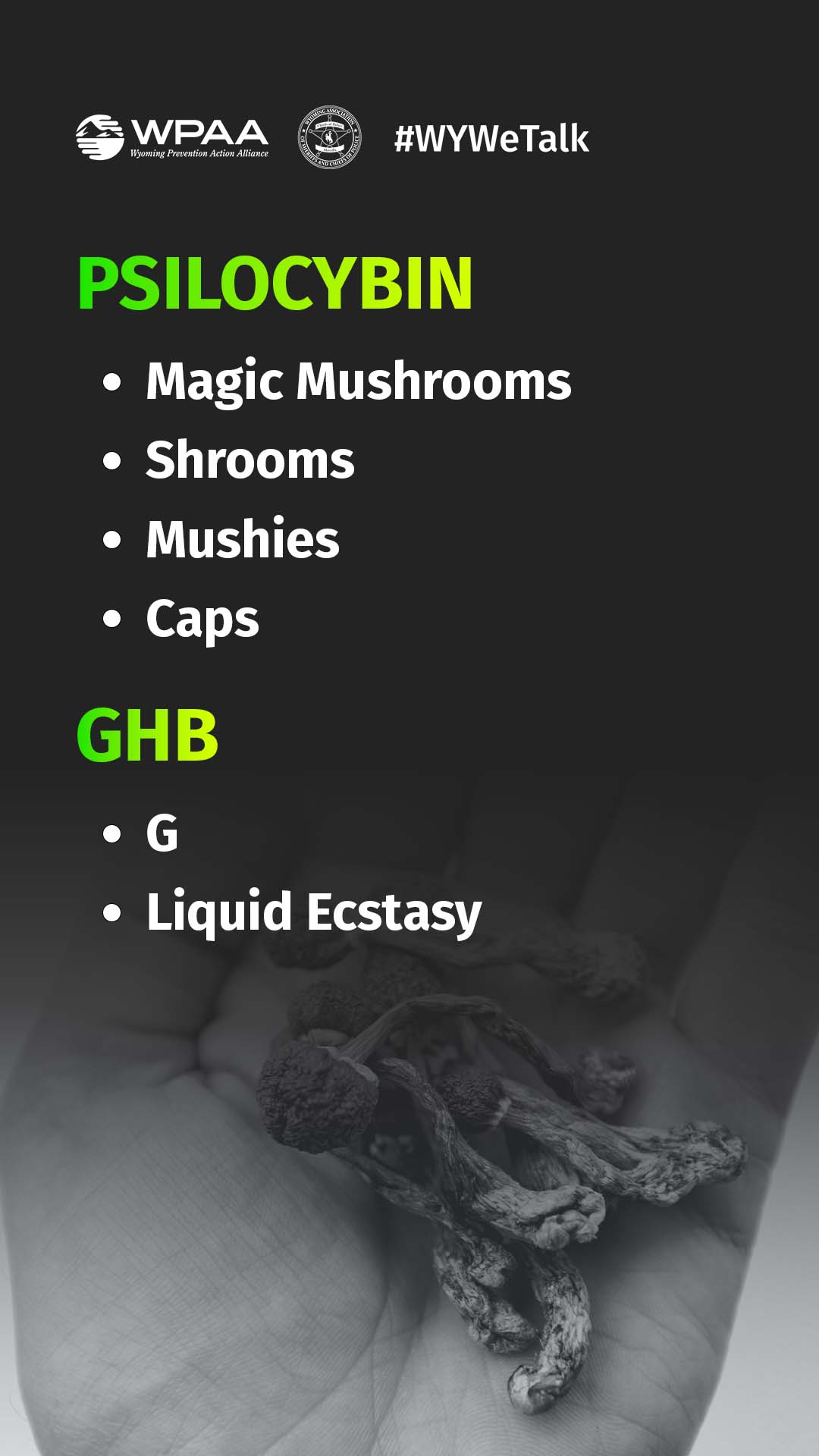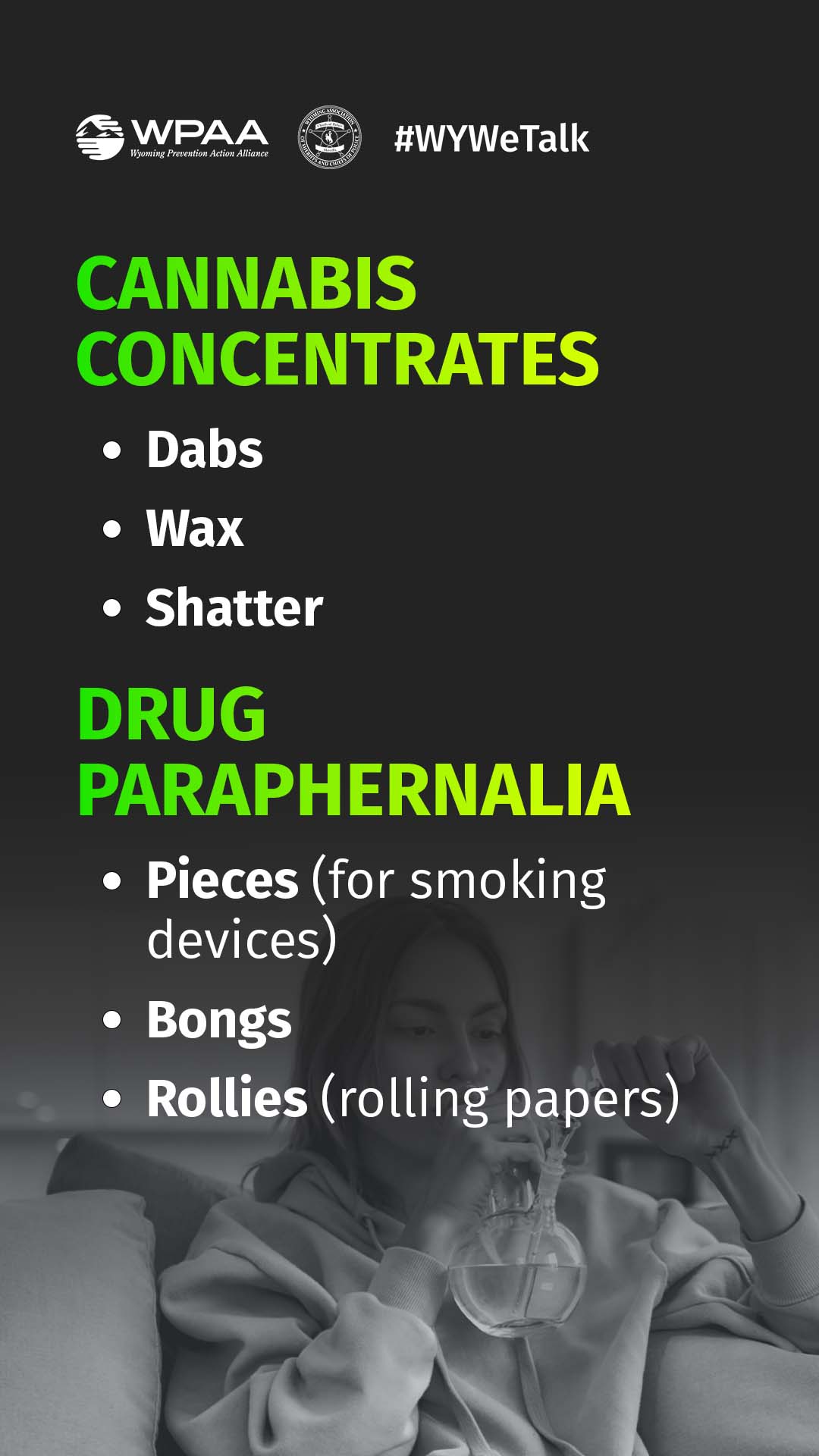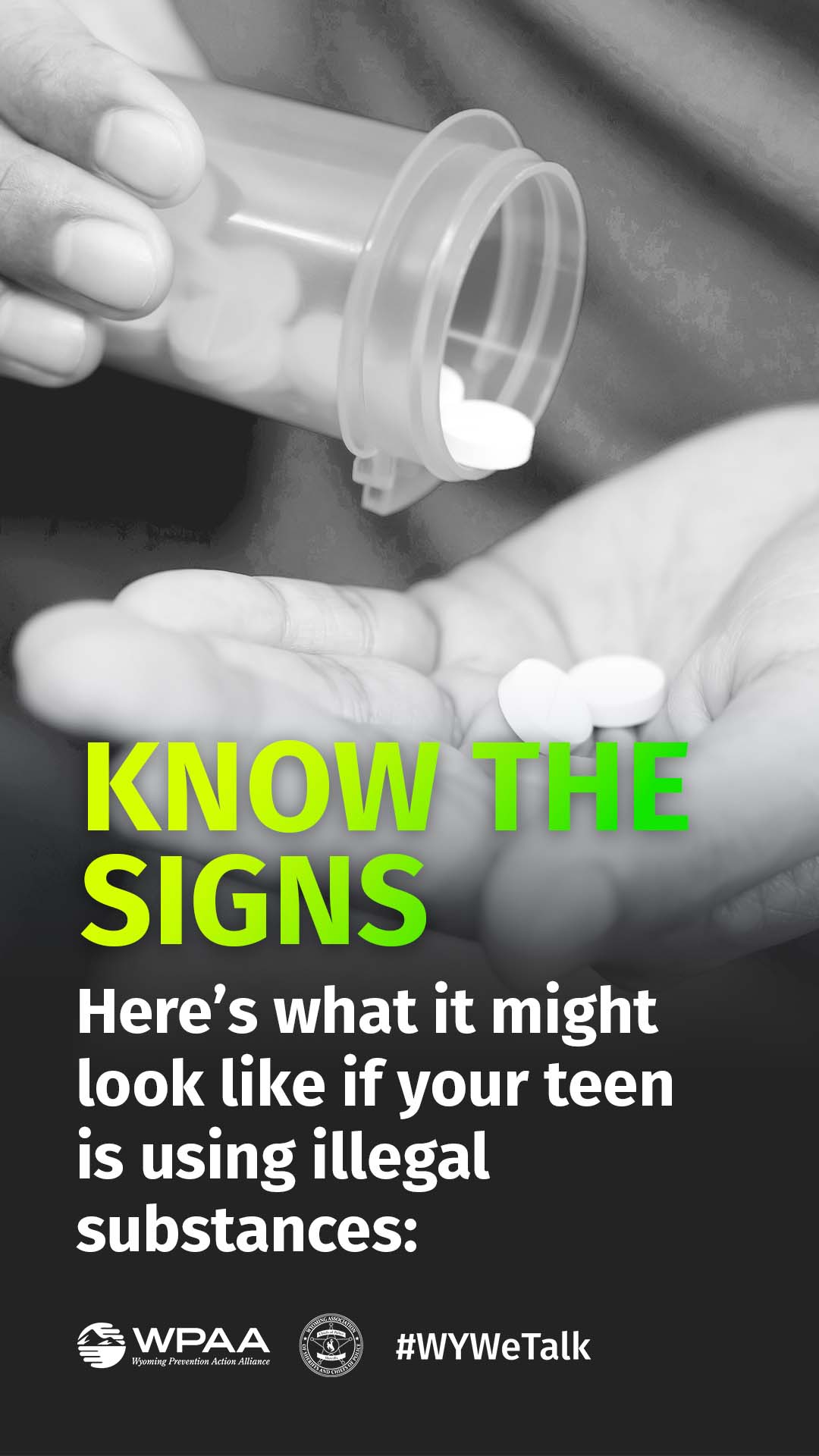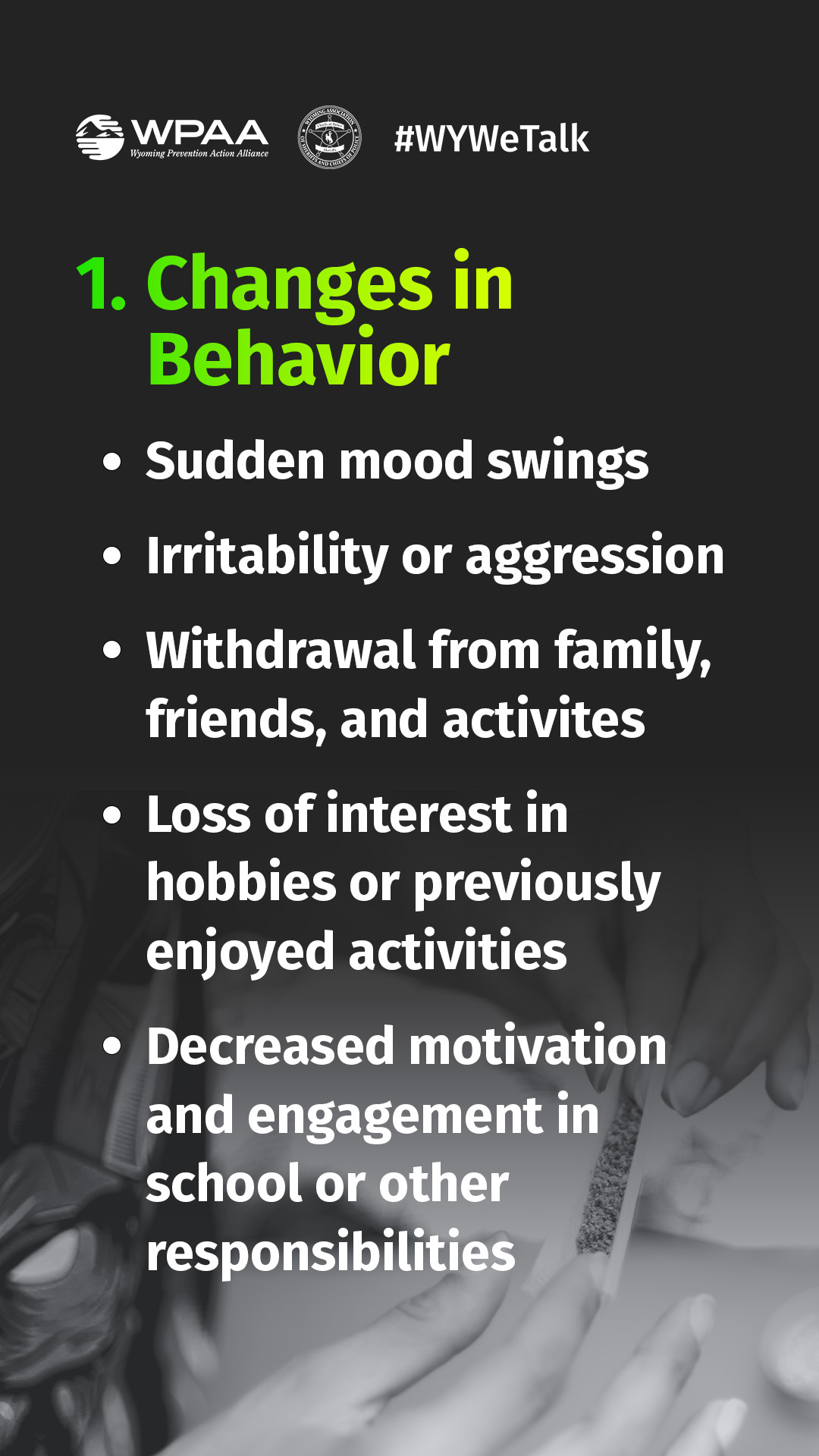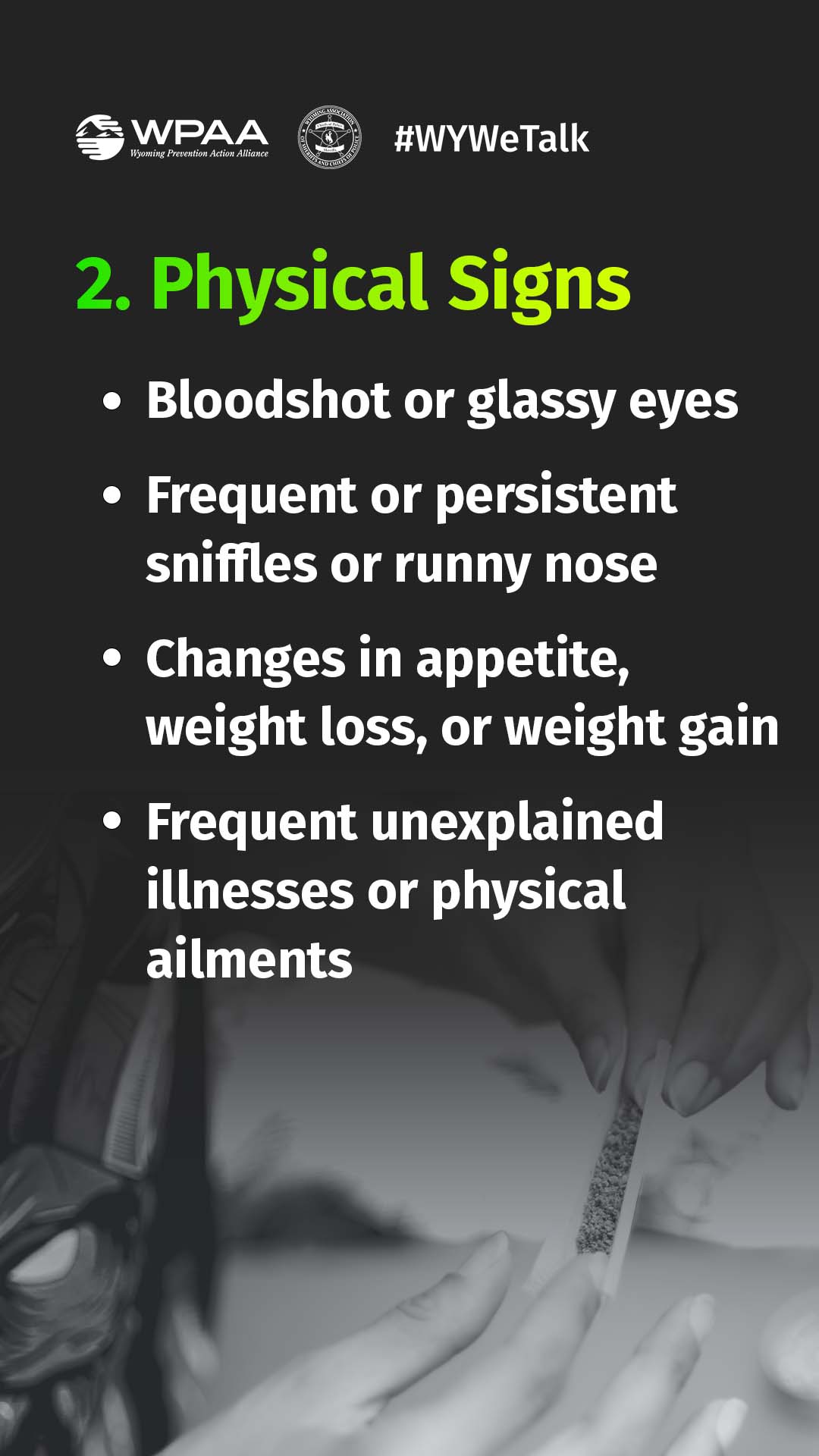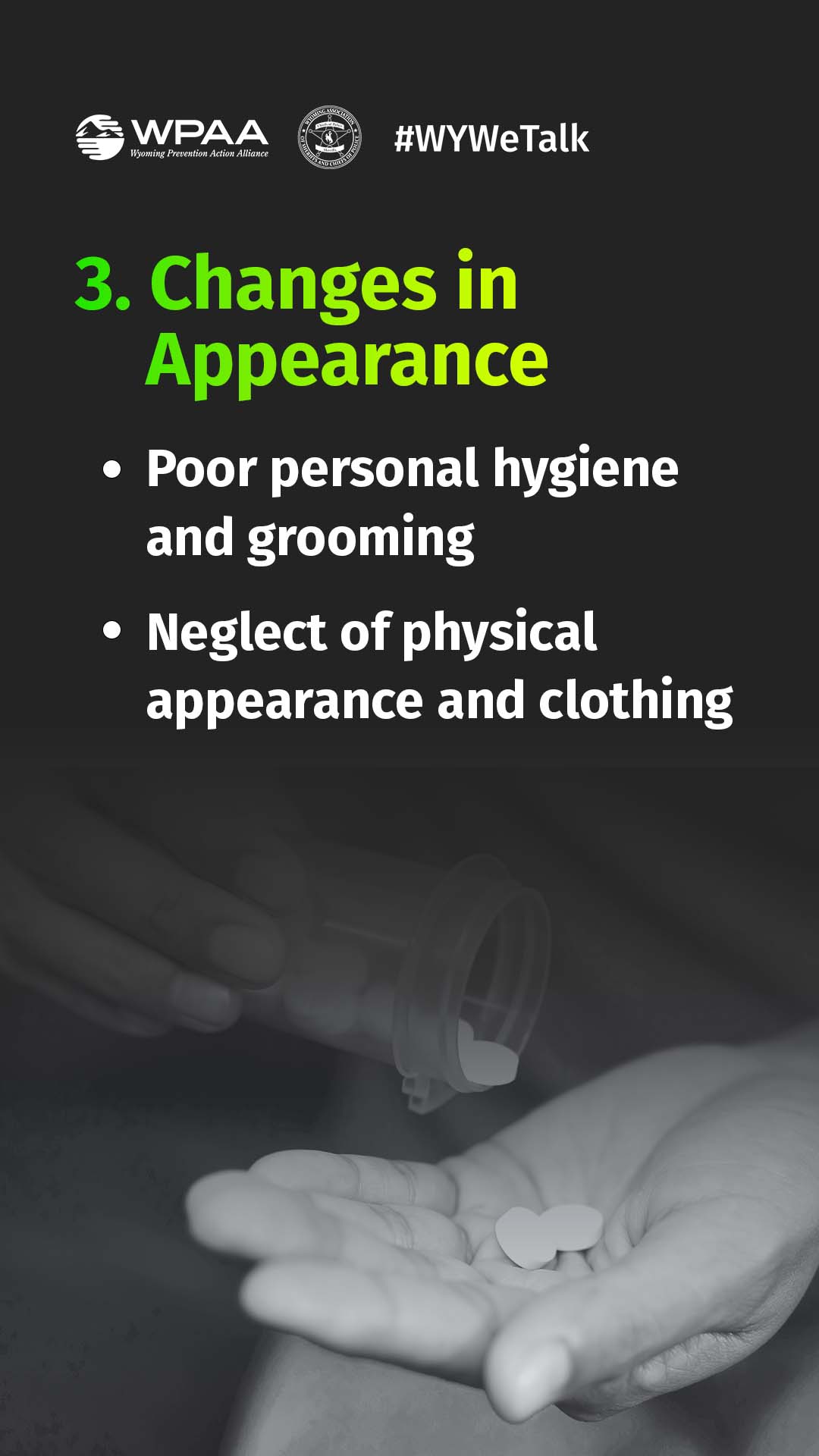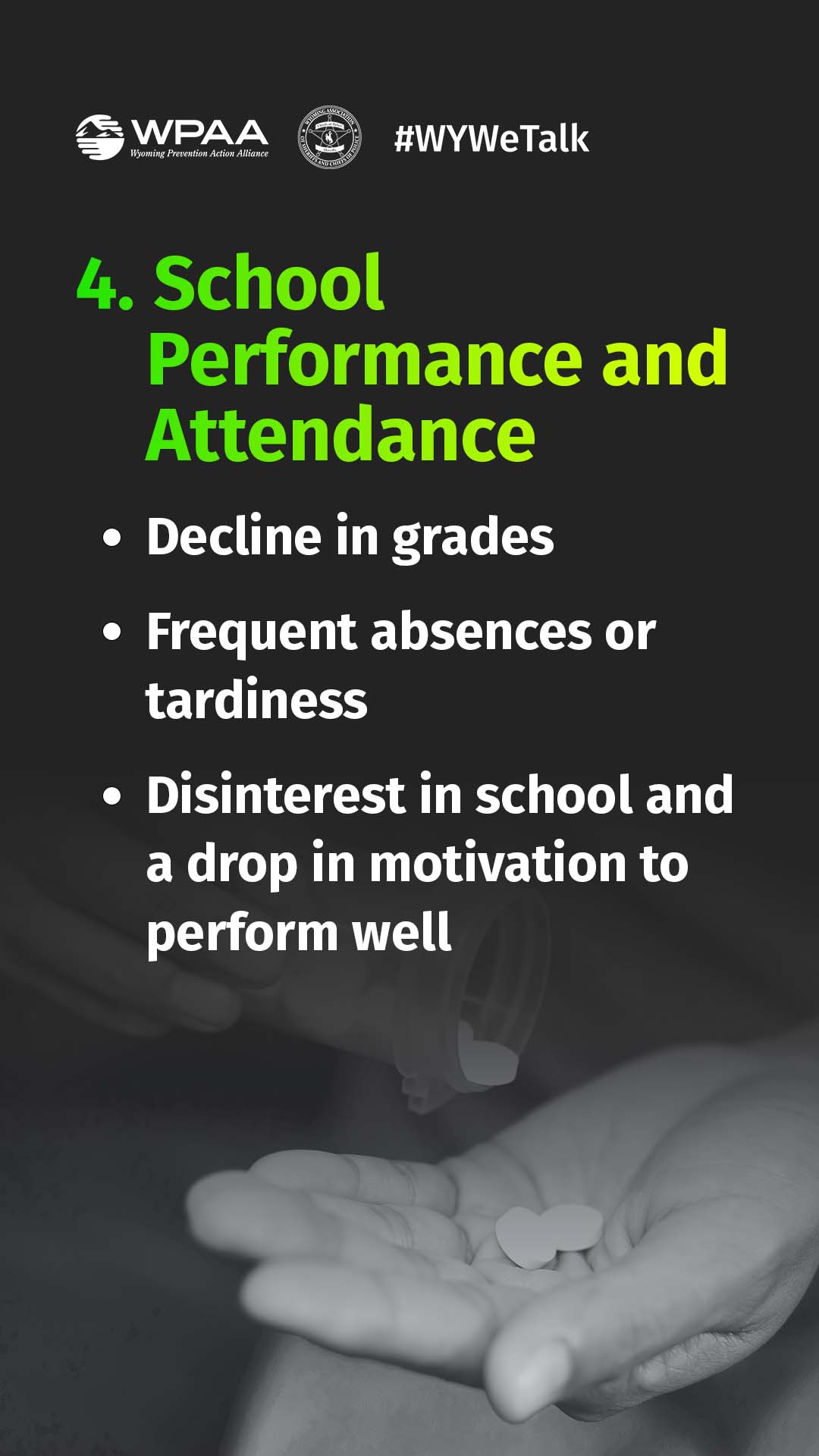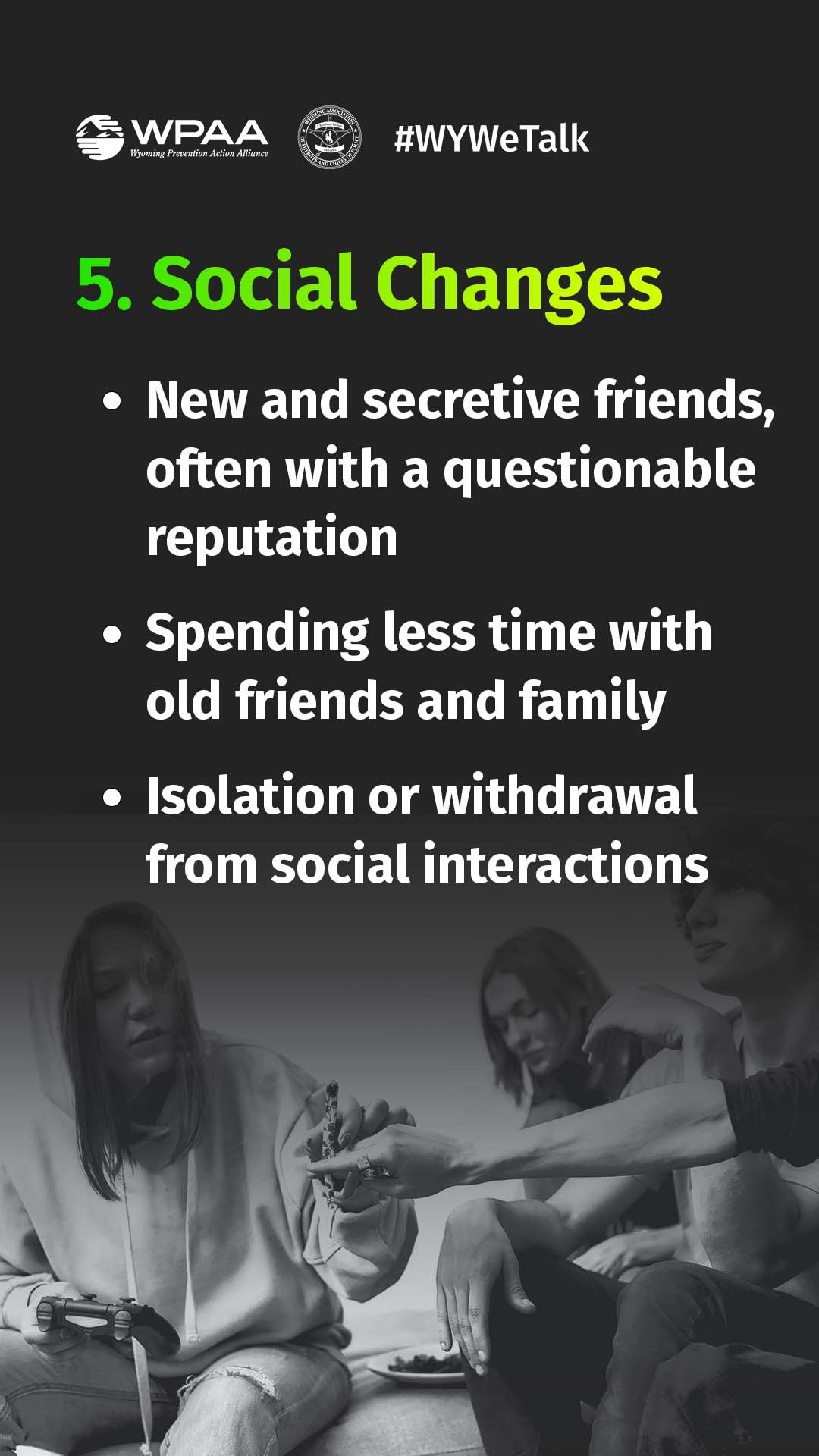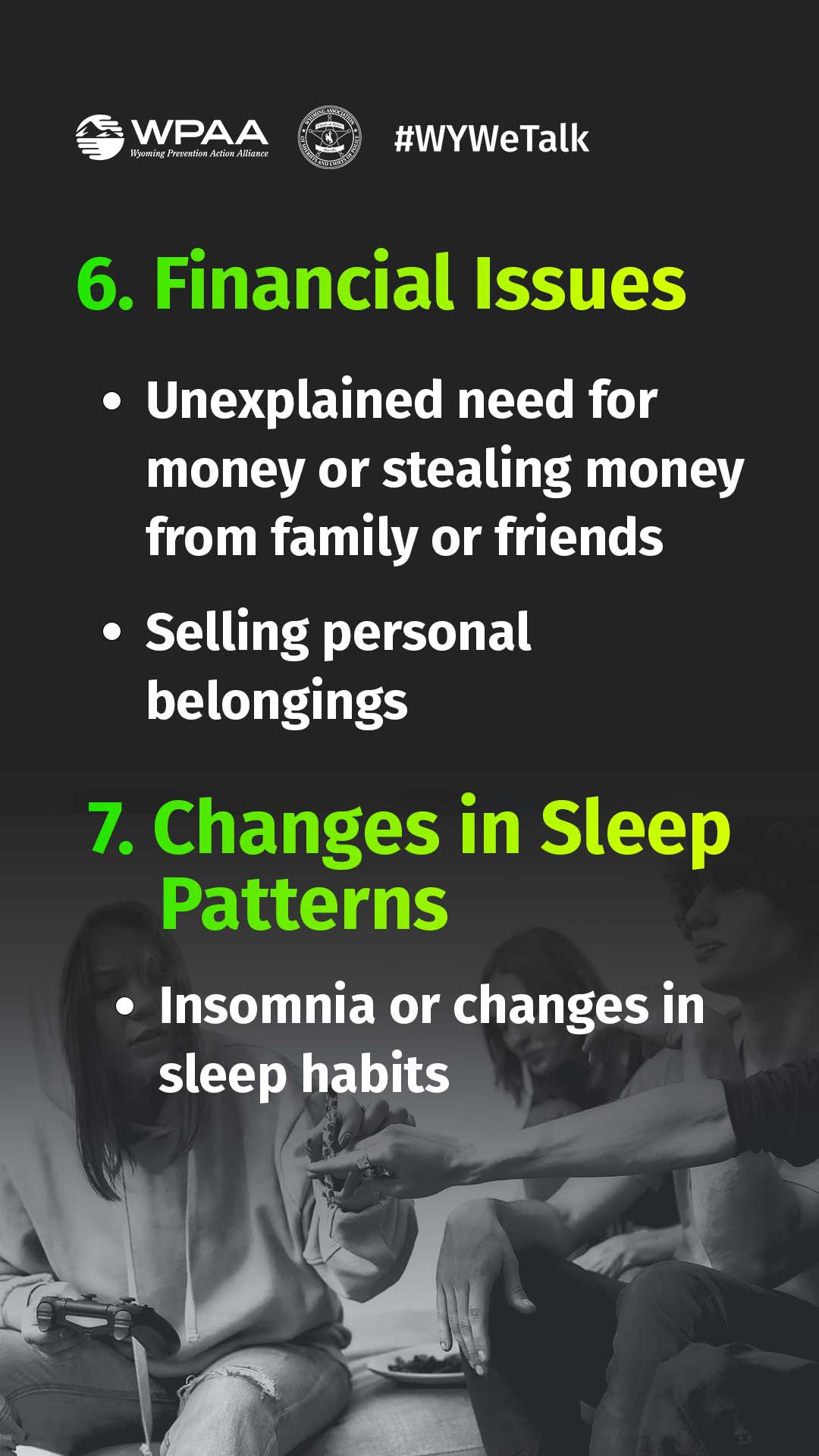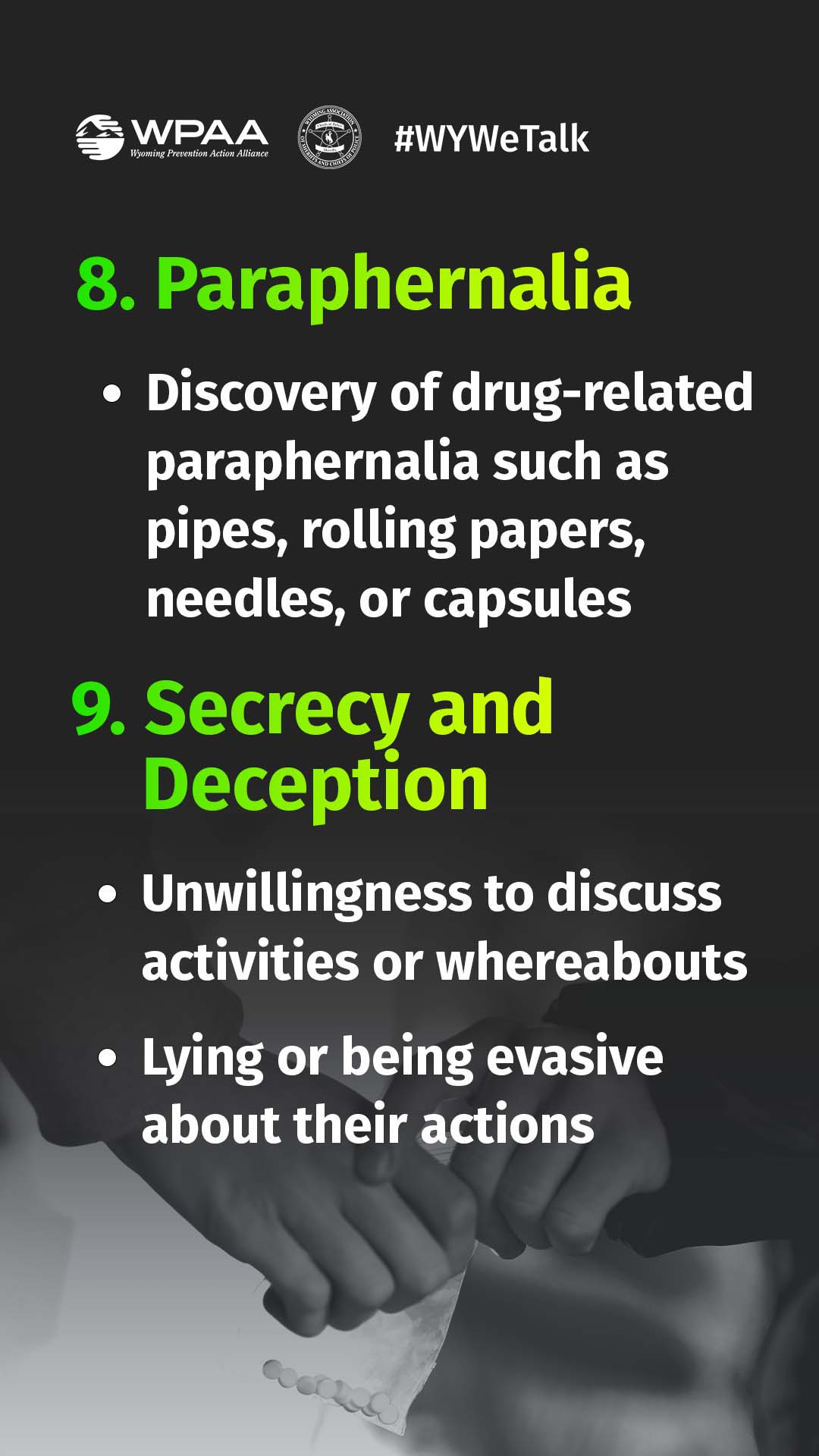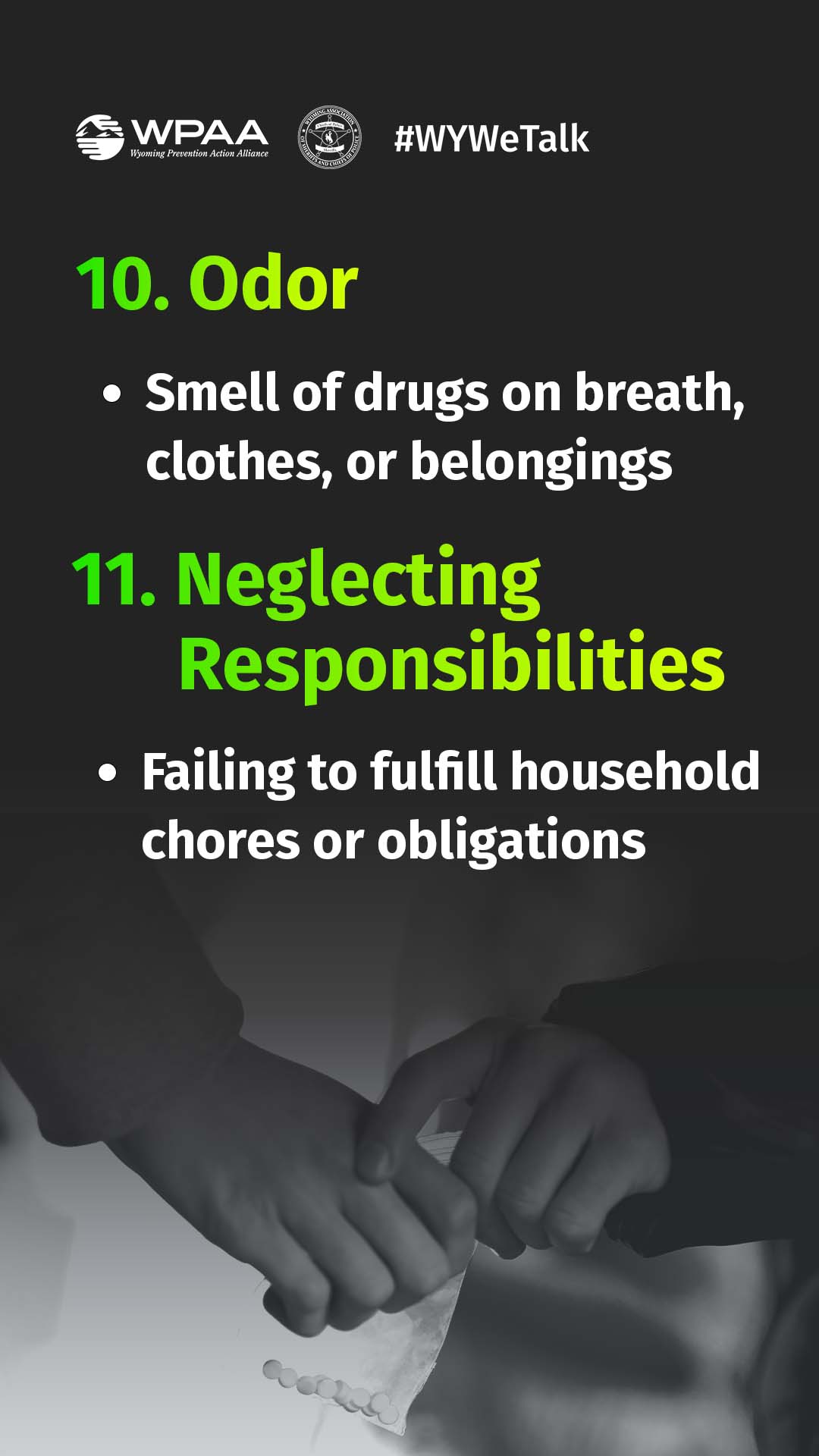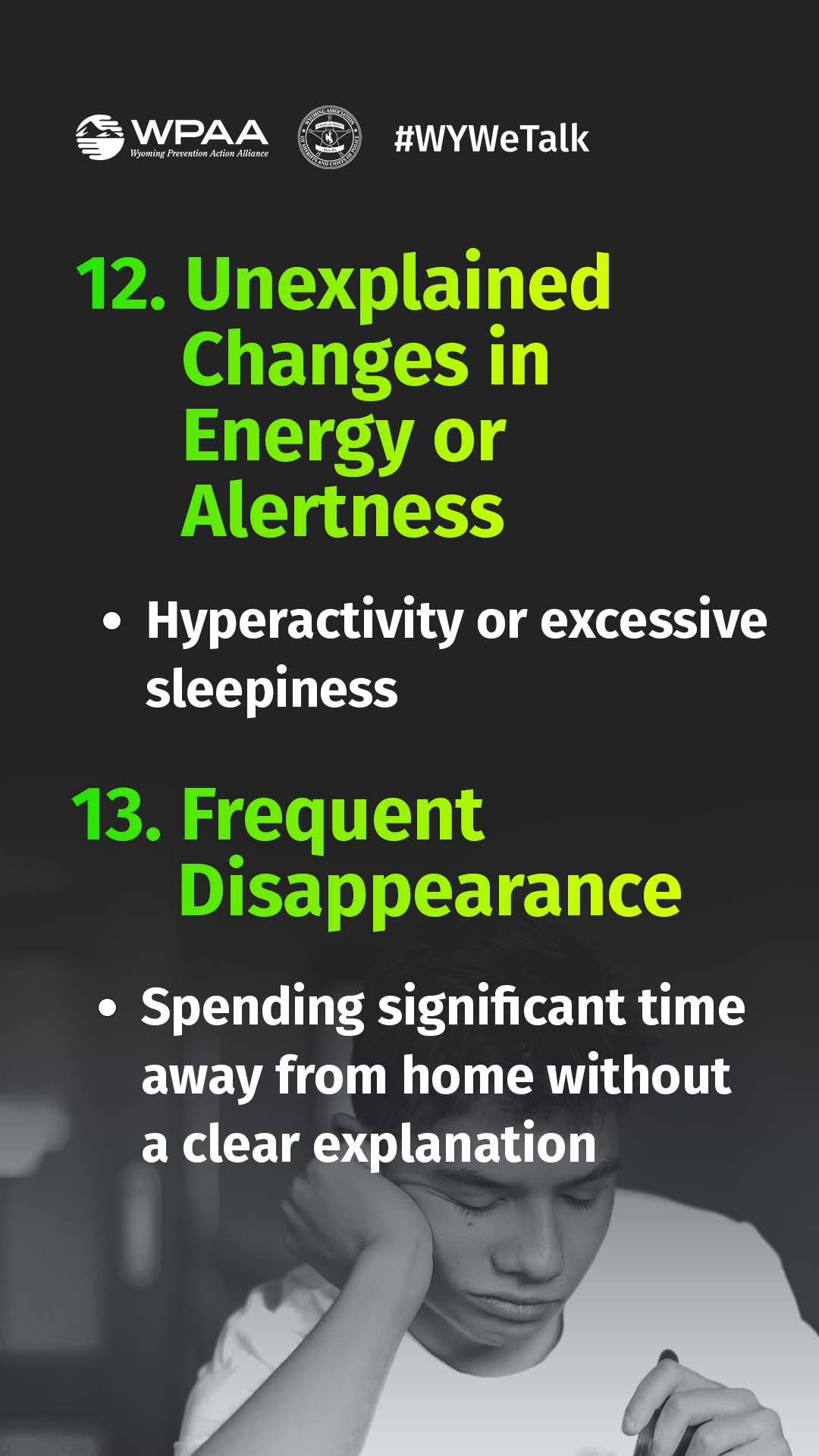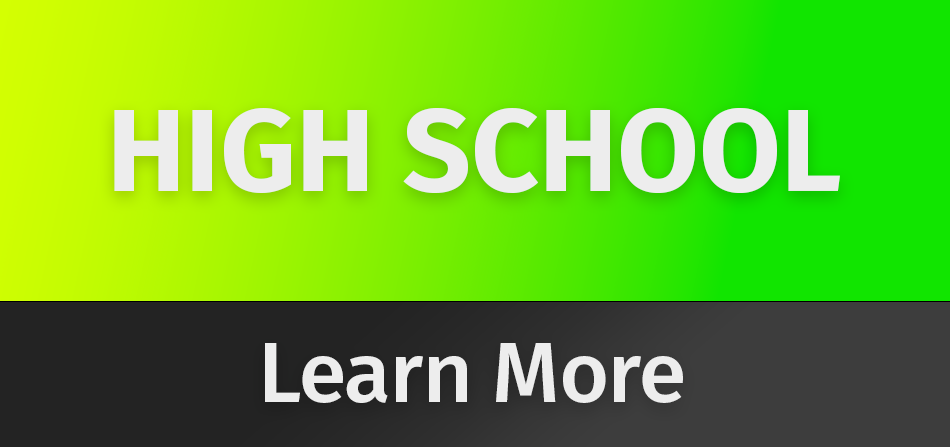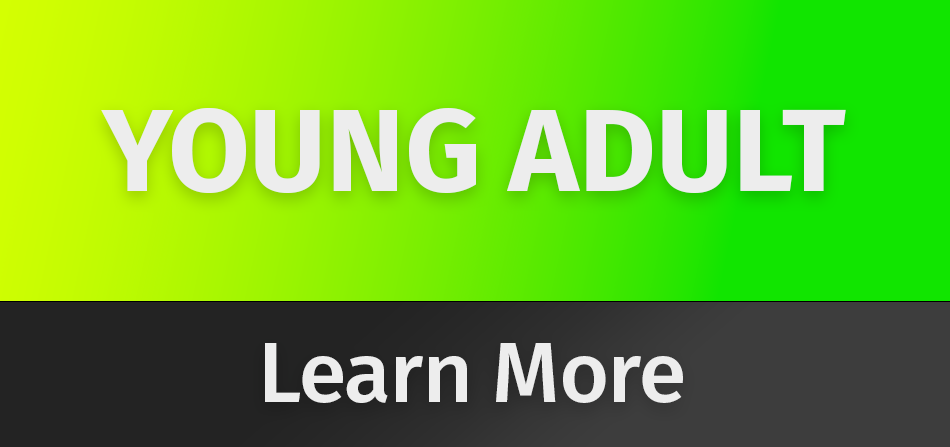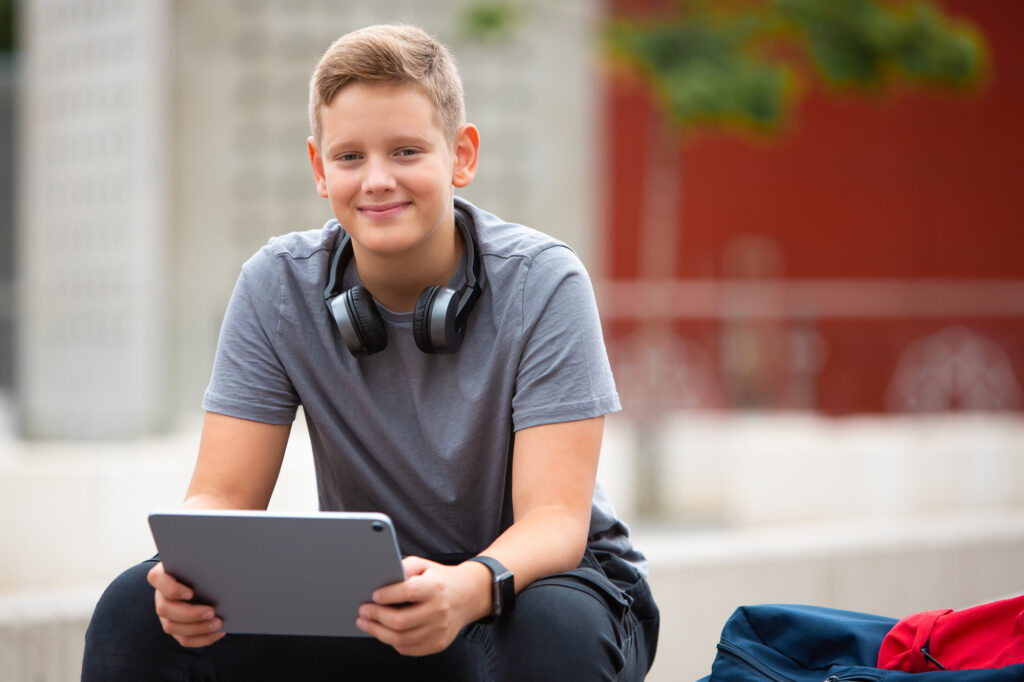Substance Use
Why We Talk About Substance Use
When drugs enter the system, the body sends out a surge of a chemical called dopamine. This “feel good” chemical tells the brain that whatever this sensation is is worth repeating, which leads to cravings. Addiction occurs when these cravings don’t stop, resulting in withdrawal, and use of these substances continues despite negative consequences. Open and honest communication between parents and children about substance use is key in fostering responsible decision-making and empowering our youth to resist societal pressures.

Facts About Substance Use
- None of these products have been approved by the FDA, which may result in serious health consequences
- Hemp-derived CBD products with trace amounts of THC could potentially trigger a positive result on a drug test
- Hemp-Derived Intoxicants can also be known as Delta-8, CBD, and Delta 10
- 50% of high-schoolers have reported trying marijuana.
- Adolescents who start using cannabis before the age of 18 may experience an average decline of 6 to 8 IQ points by mid-adulthood compared to non-users.
- Cannabis use during adolescence increases the risk of developing depression by about 37% and anxiety by about 26%.
- Cannabis impairs driving skills, doubling the risk of a car crash. 1 in 4 drivers involved in fatal car crashes test positive for THC.
- Adolescents who use cannabis are 266 times more likely to use cocaine and 51 times more likely to use ecstasy compared to non-users.
- Counterfeit prescription pills often contain incorrect doses of active ingredients or even harmful substances, posing significant risks to patients' health and safety.
- 14% of students reported misusing prescription opioids.
- Approximately 16% of high school students in the United States have reported using prescription drugs without a doctor's prescription.
- Adolescents who misuse prescription opioids are at a higher risk of developing opioid use disorder later in life. Approximately 8% of adolescents who misuse opioids will develop an opioid use disorder by age 35.
- Stimulant medications used to treat attention-deficit/hyperactivity disorder (ADHD), such as Adderall and Ritalin, are also misused by adolescents for non-medical purposes. About 6.2% of high school seniors reported misusing Adderall.
- 15% of high school students reported having used illicit or injection drugs such as cocaine, inhalants, heroin, methamphetamines, hallucinogens or ecstasy.
- In 2020, about 0.3% of 12th graders in the United States reported using methamphetamine in the past year.
- In 2020, approximately 0.2% of 12th graders in the United States reported using heroin in the past year.
- In 2020, about 1.7% of 12th graders in the United States reported using cocaine in the past year.
- Self-reported illicit drug use nearly doubles from Wyoming youth 12-17 years to adults 18+ years. However, less than 4% of adults report current illicit drug use.
One Pill Can Kill
This campaign serves as a resource for parents seeking vital information about the dangers of illicit drugs. With a singular focus on the critical message that a single pill can be fatal, this campaign provides a comprehensive understanding of the risks facing young individuals today. This website provides essential insights, prevention strategies, and resources to help safeguard your children from the negative consequences of substance abuse.
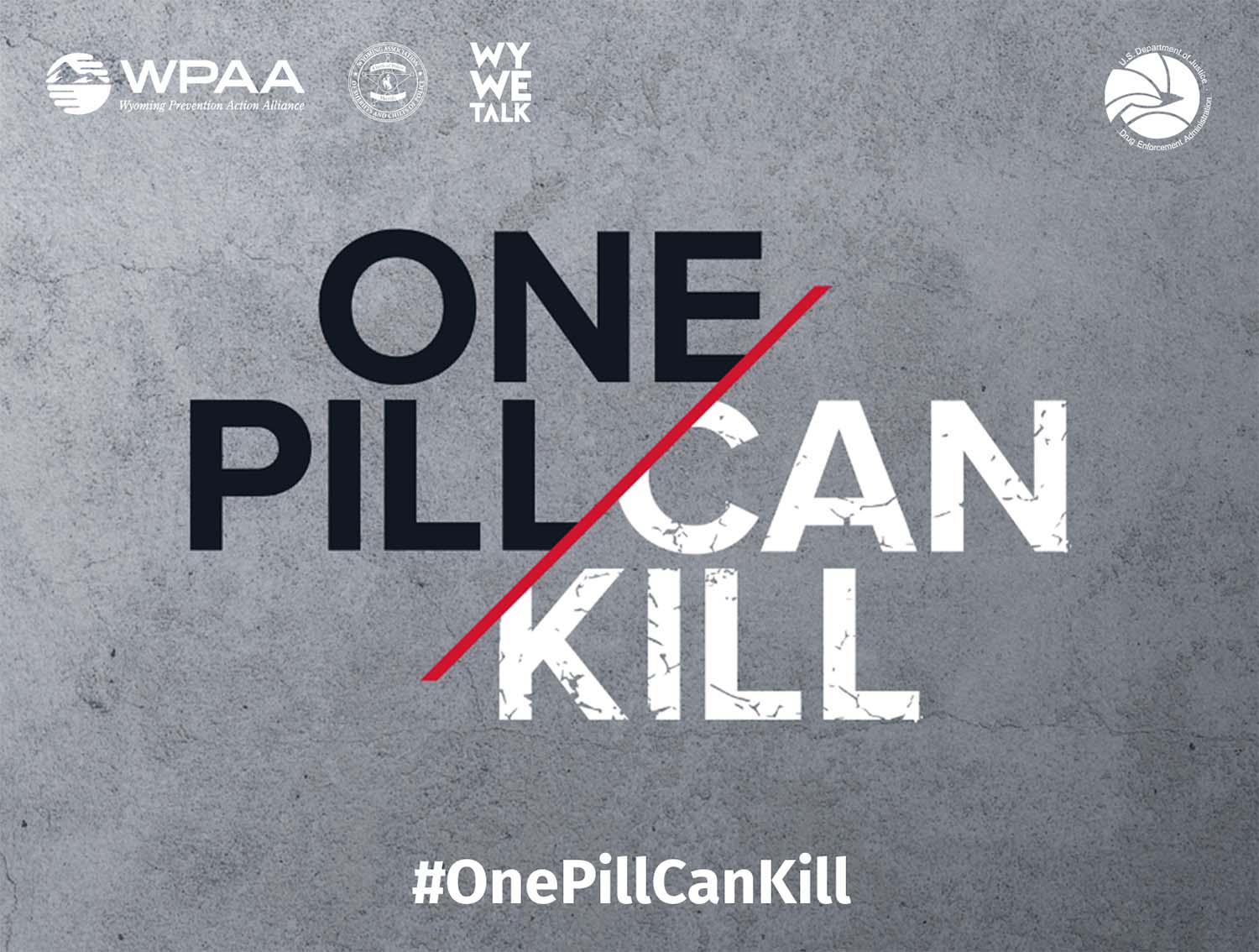
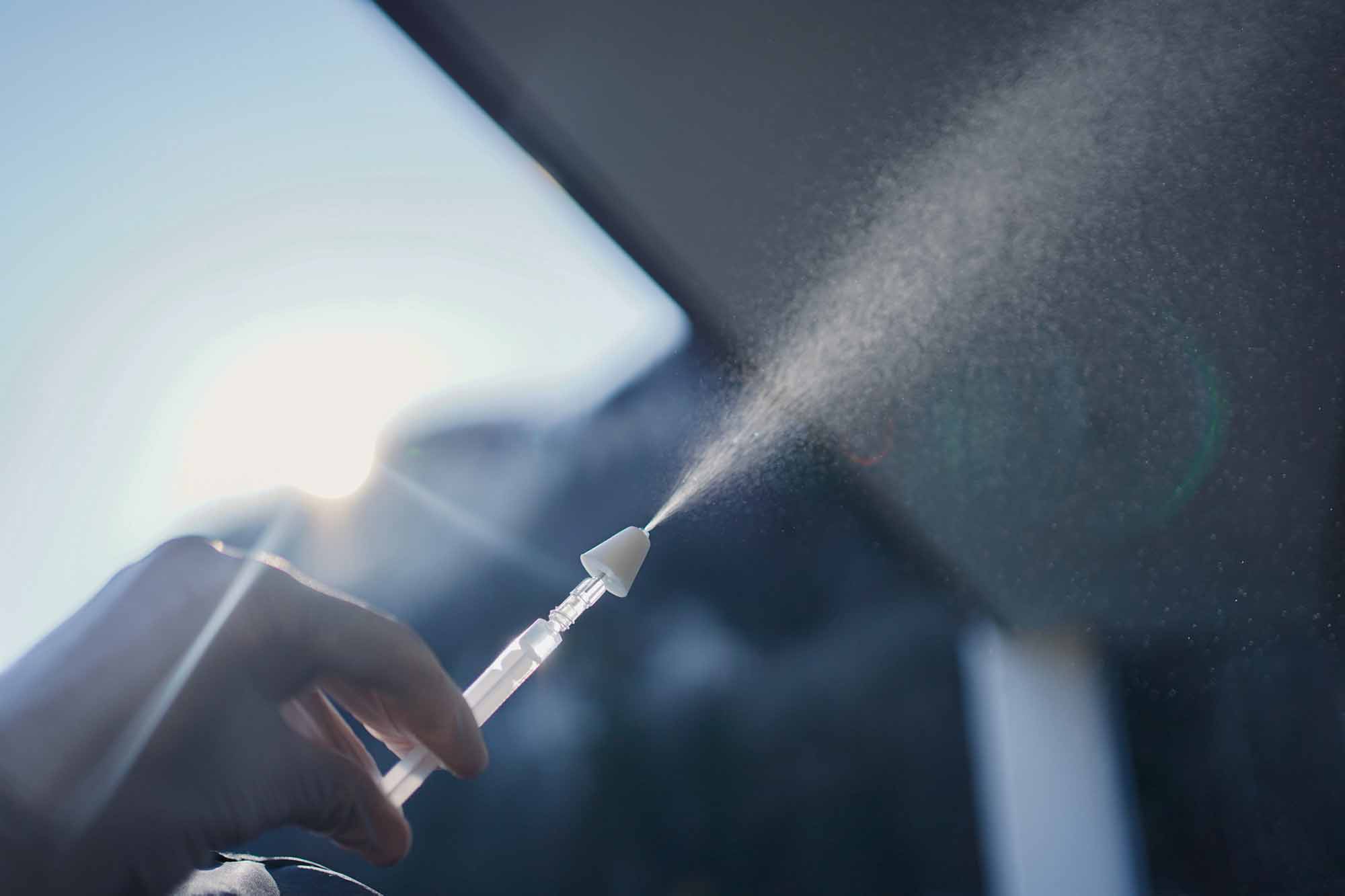
Narcan
Make naloxone a part of your first aid kit. Naloxone is a medicine that rapidly reverses an opioid overdoes. It is an opioid antagonist and could save the life of your child or loved one.
A common form of Naloxone, NARCAN®, can be purchased at most local pharmacies. NARCAN® 4 mg Nasal Spray is available over-the-counter.
How to Access Free Narcan for an Individual COMING SOON!
Why are they considering it?
Adolescents might consider using substances for many reasons, often stemming from a variety of biological, psychological, social, and environmental factors. It’s important for parents, caregivers, educators, and communities to be aware of these factors and engage in open communication with adolescents about the risks and consequences of substance use. Having conversations with adolescents about substances before they are exposed to them is crucial to playing a role in stopping the behavior before it starts. Providing accurate information, fostering strong emotional connections, and helping adolescents develop healthy coping mechanisms can all contribute to preventing or addressing substance use issues.
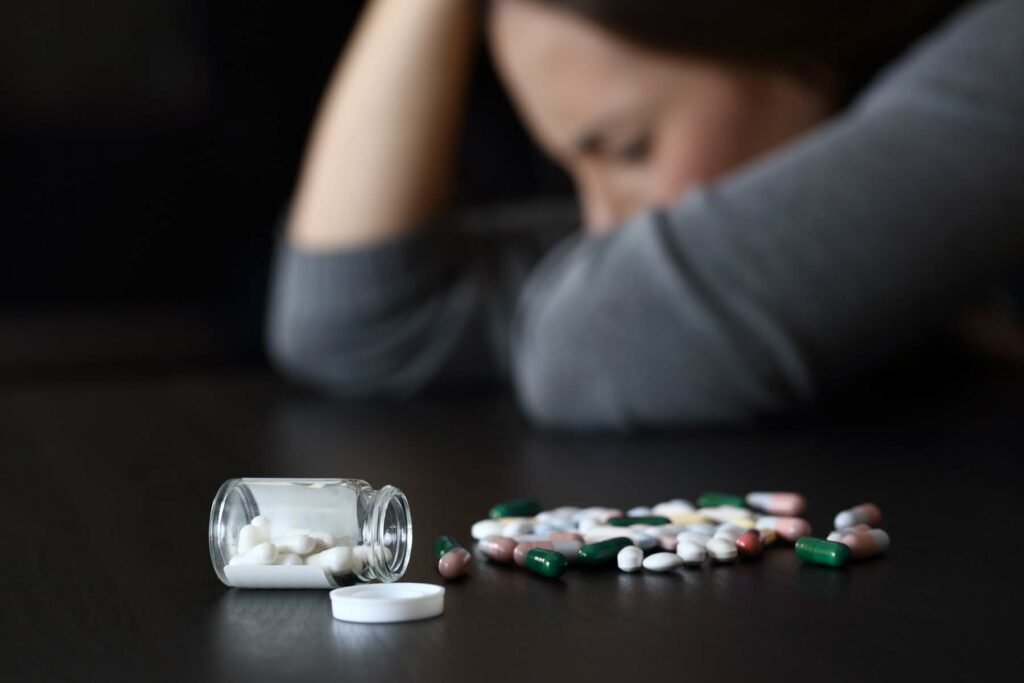
Regardless of which substance your child may be interested in using, these are some common reasons that they may being seeking these substances:
- Academic pressure
- Adverse childhood events
- Mental Health Disorders
- Low self-esteem
- Increased access to substances
- Going through transitional periods, such as entering puberty or attending a new school
Cannabis/THC, Hemp Derived Intoxicants and Prescription Pills

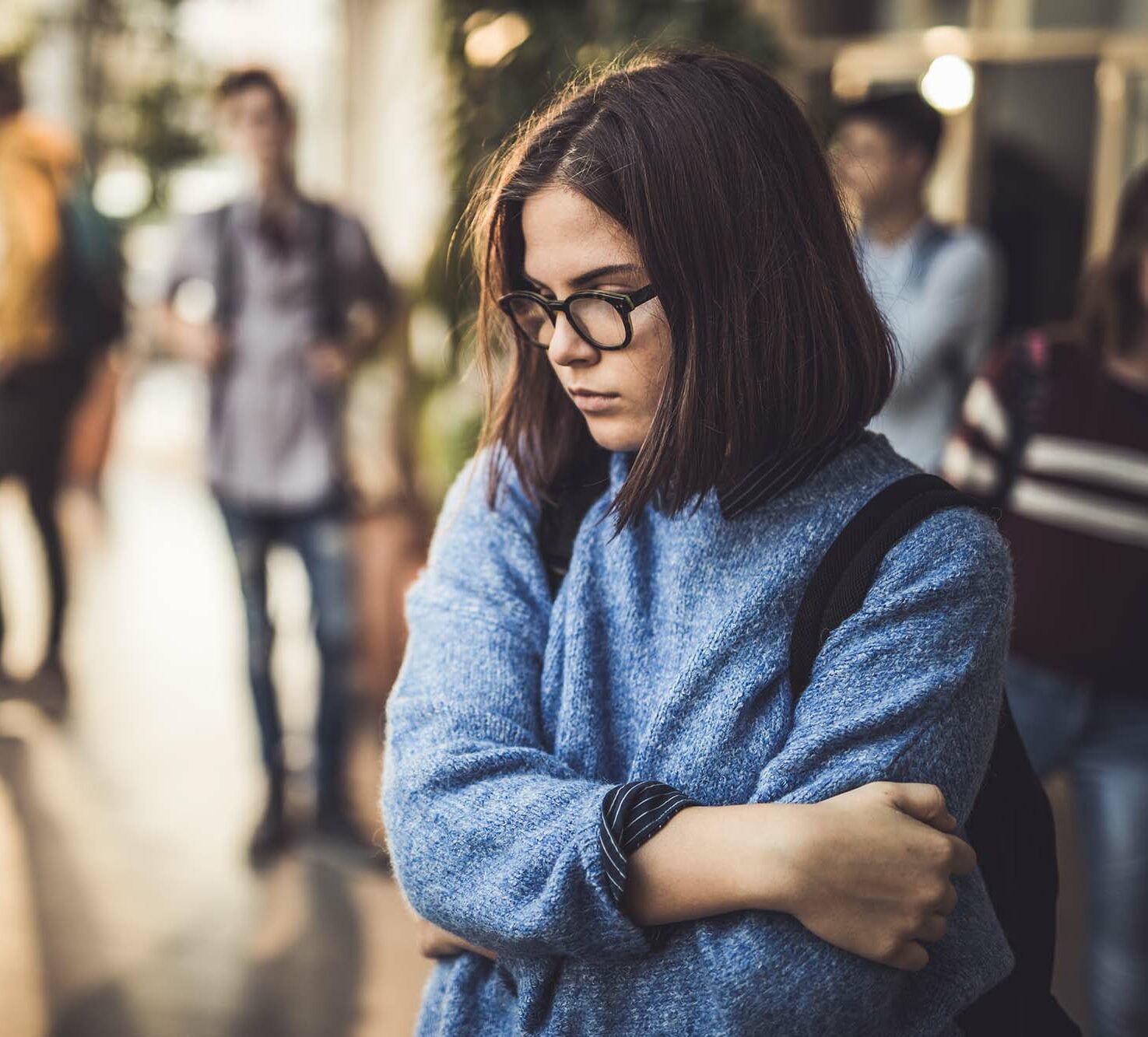




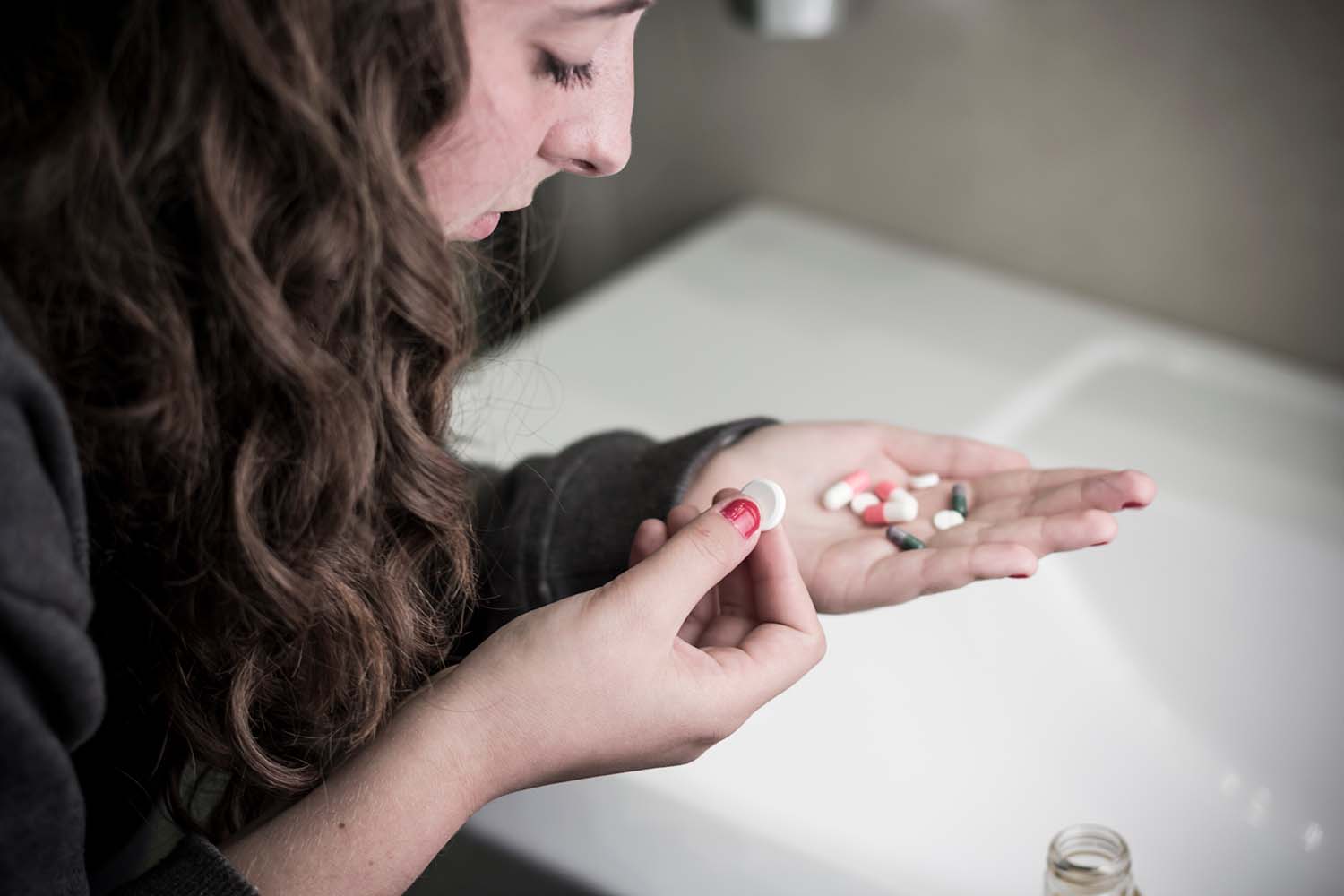
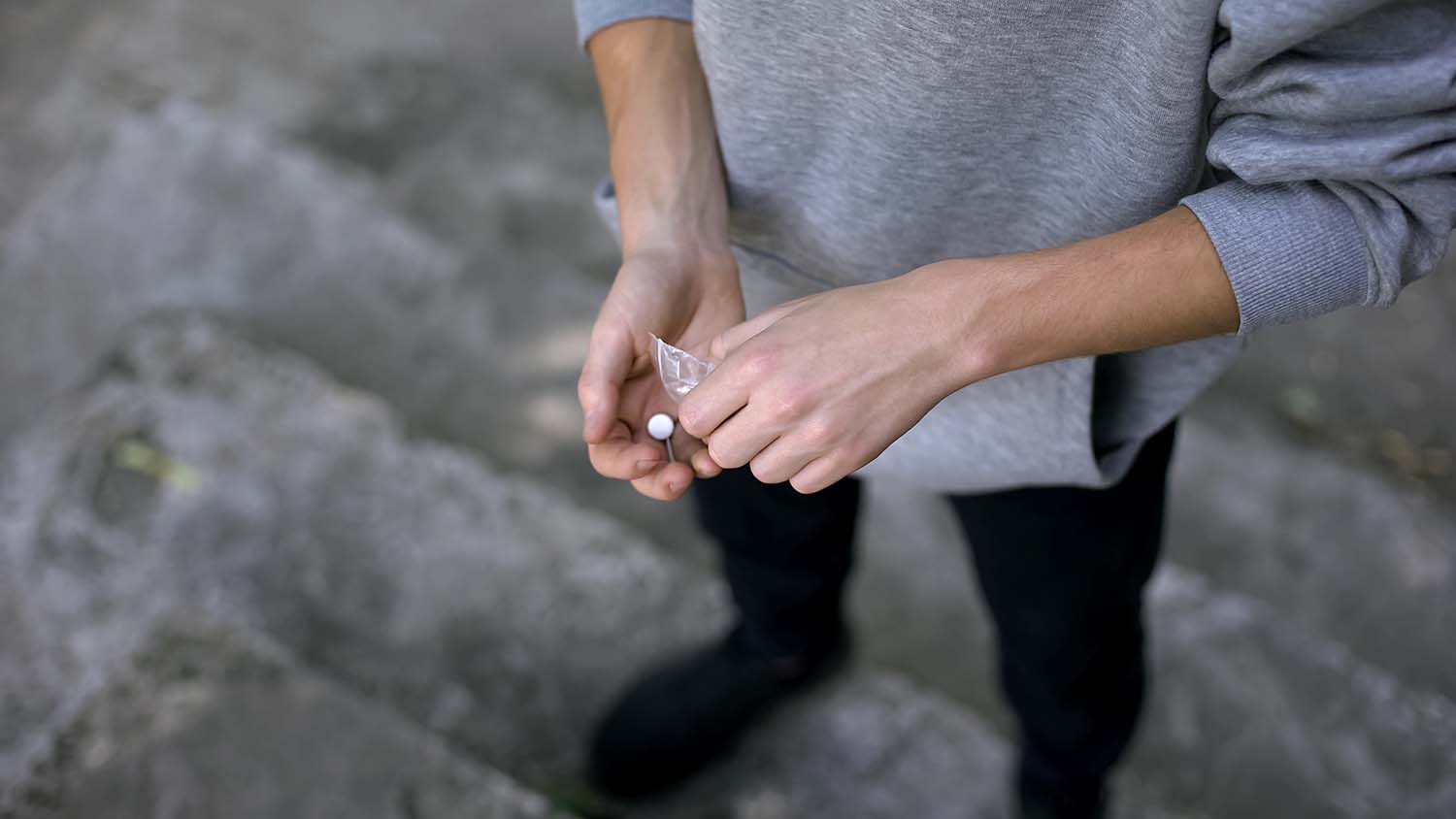




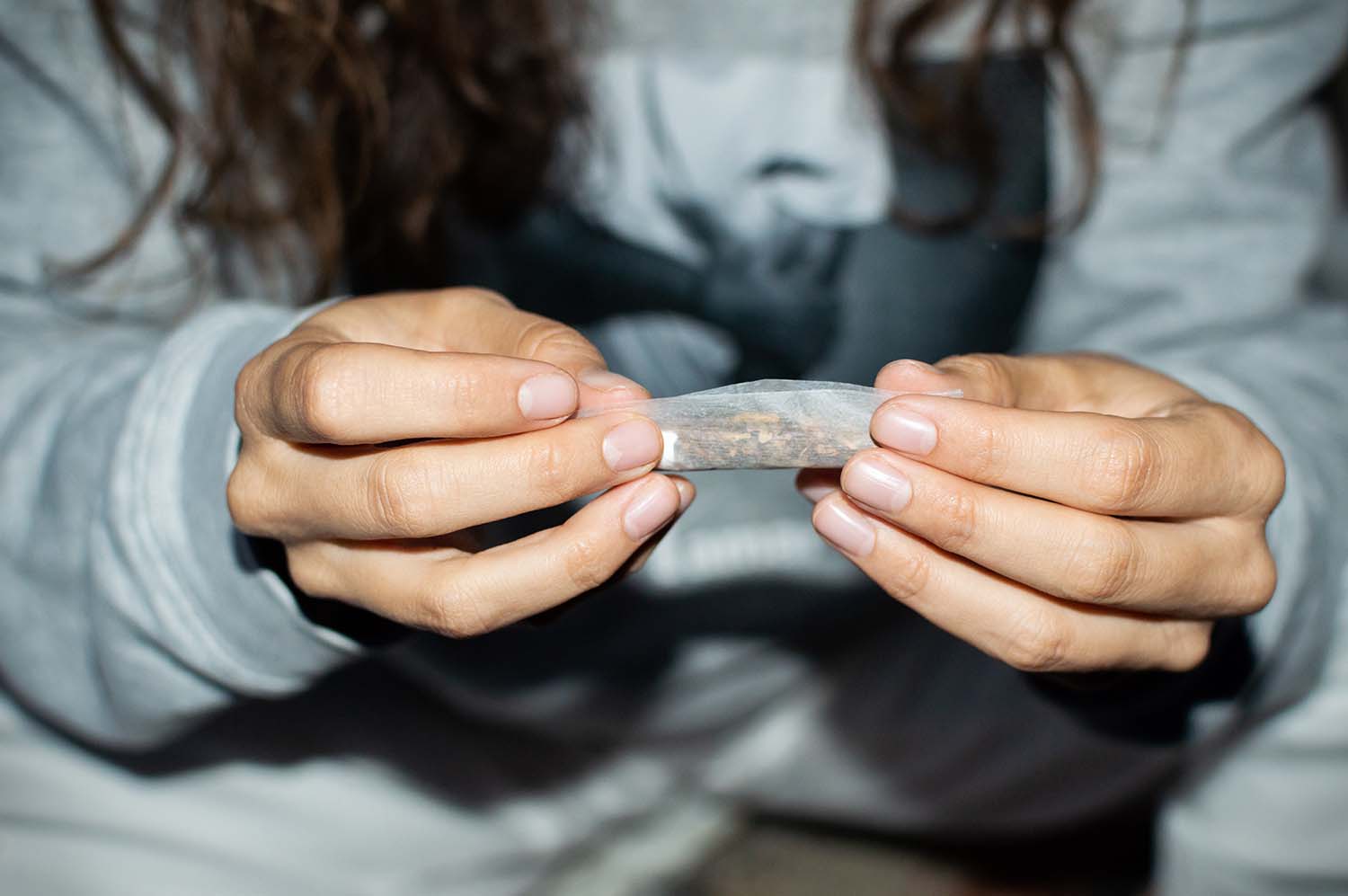
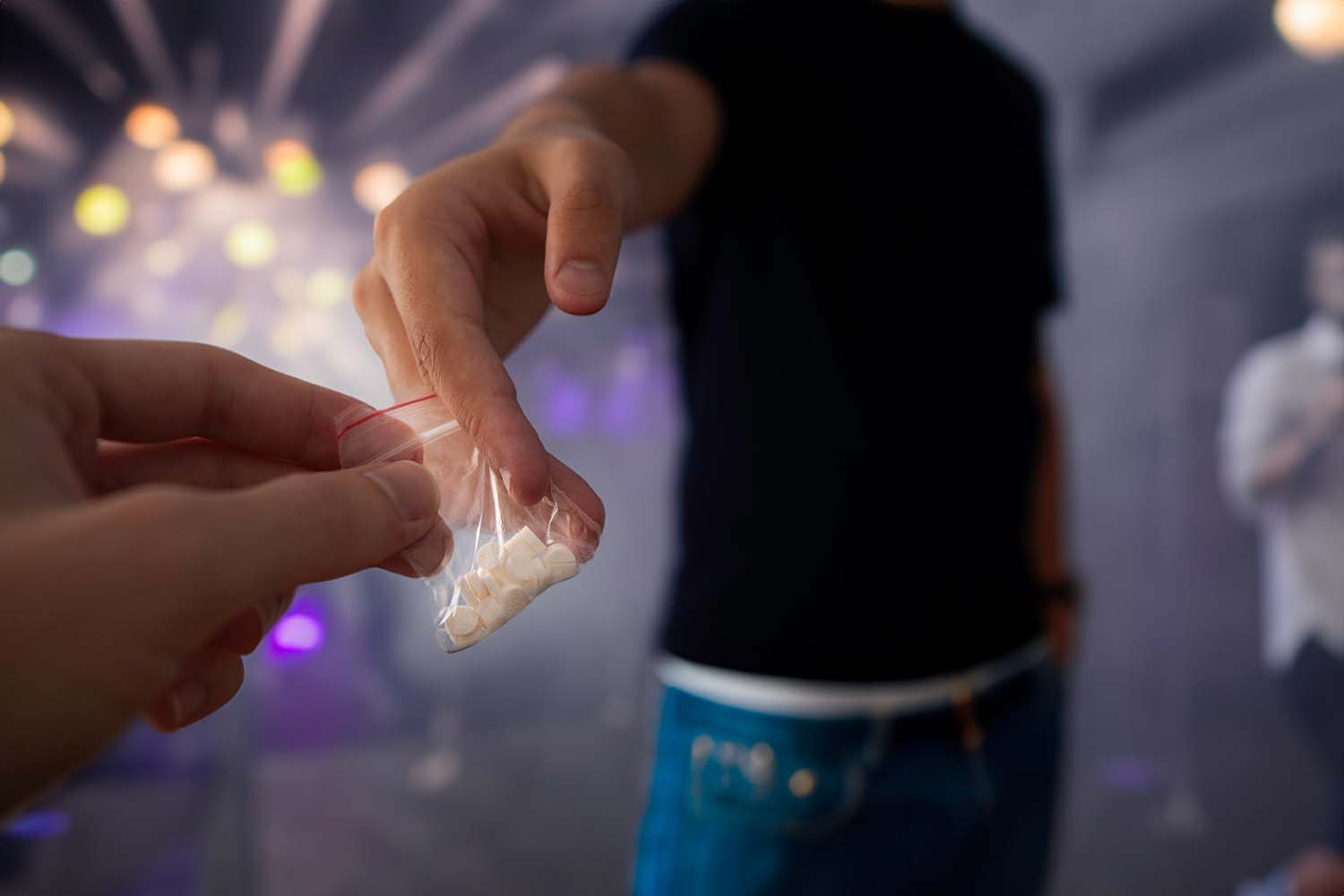
Other Substances

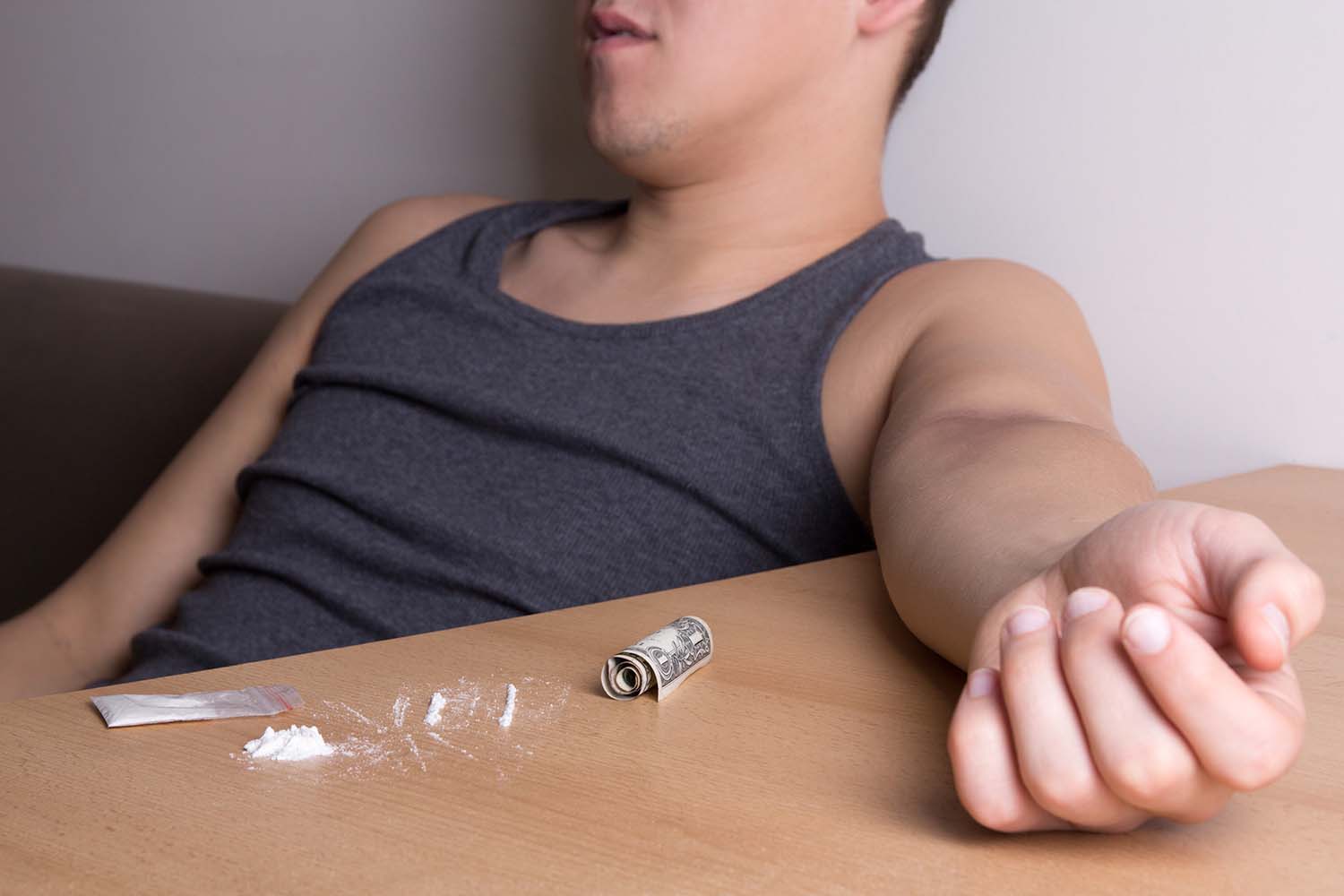
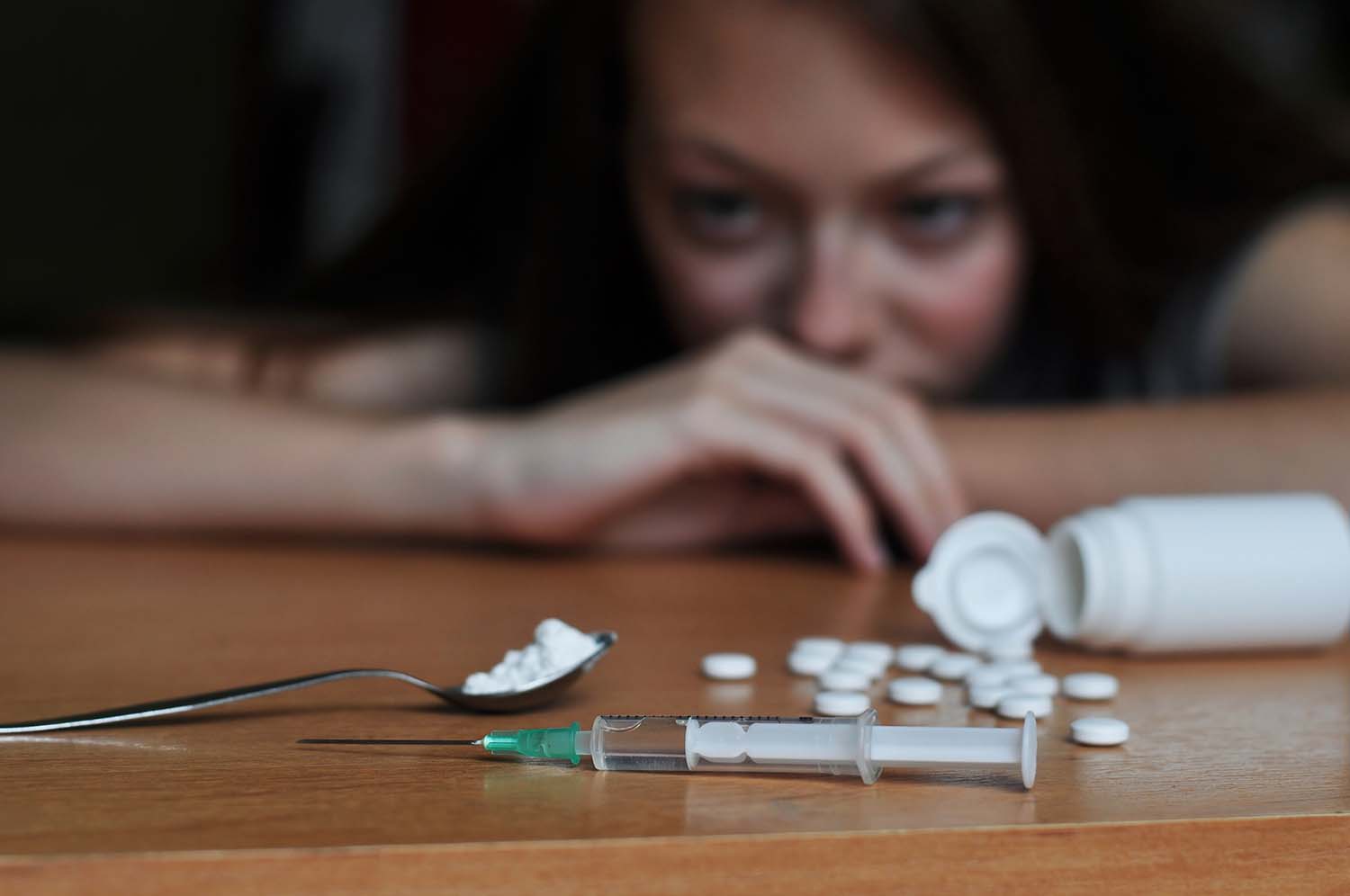



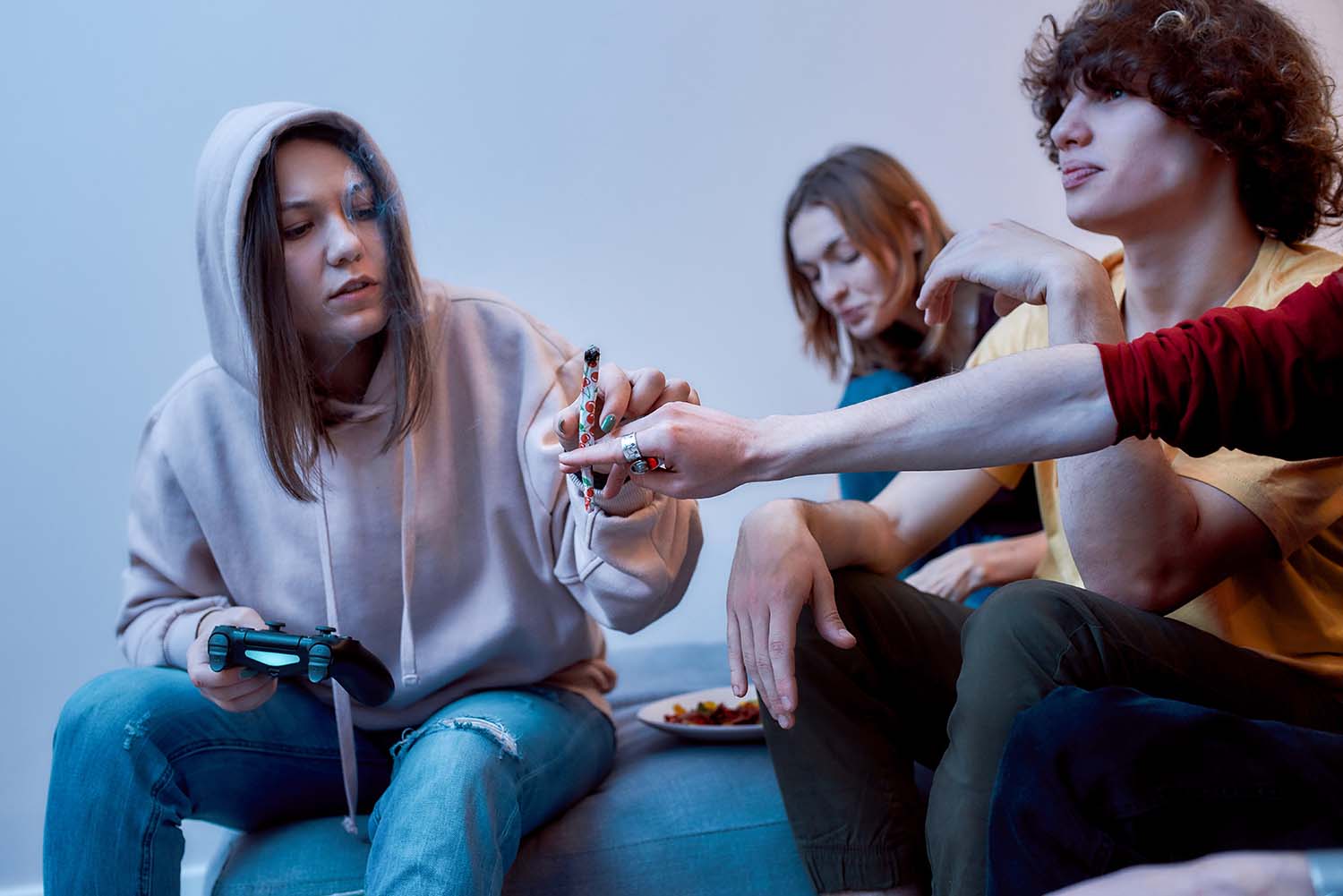
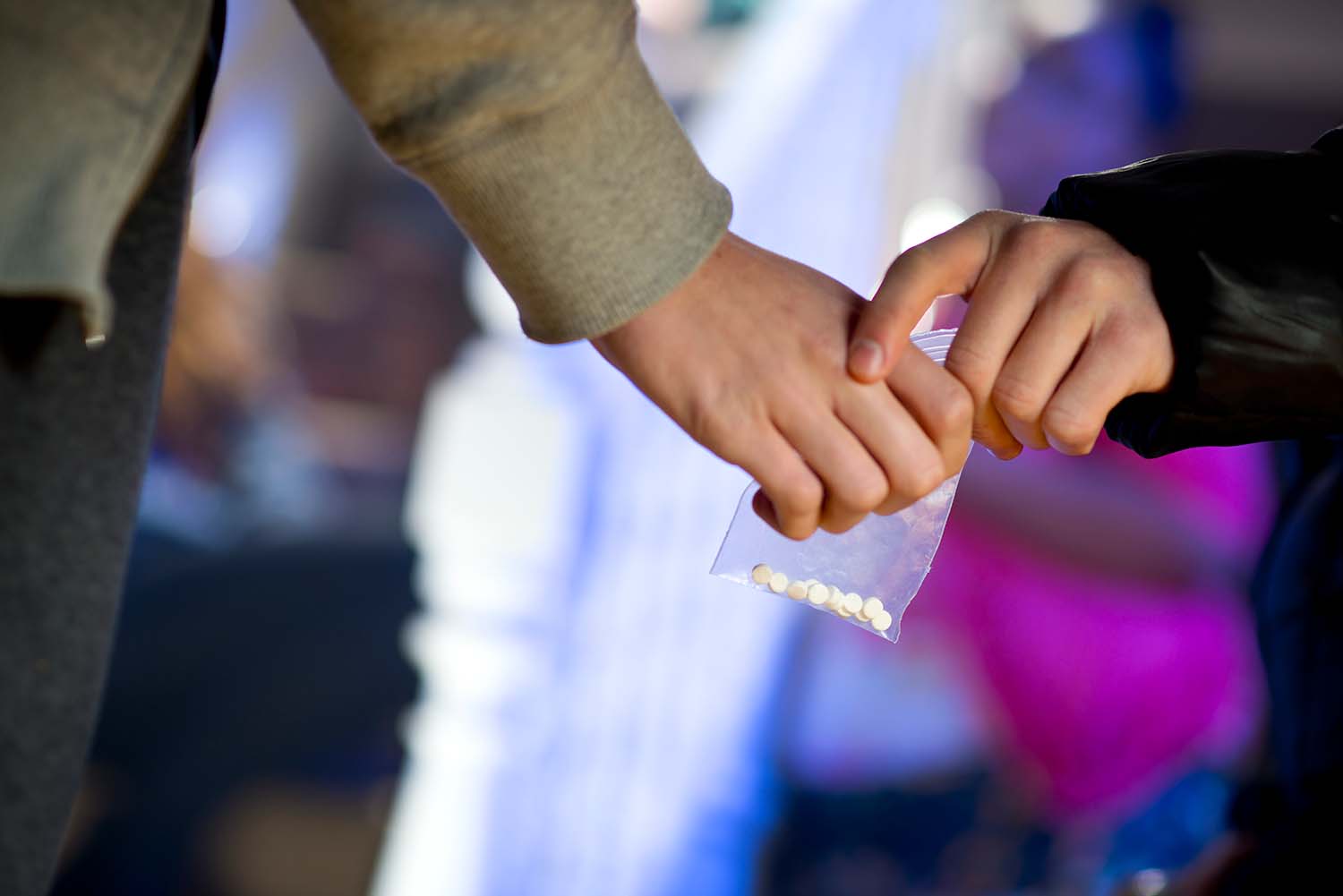
WHY ARE THEY CONSIDERING IT?
Adolescents might consider using substances for many reasons, often stemming from a variety of biological, psychological, social, and environmental factors. It’s important for parents, caregivers, educators, and communities to be aware of these factors and engage in open communication with adolescents about the risks and consequences of substance use. Having conversations with adolescents about substances before they are exposed to them is crucial to playing a role in stopping the behavior before it starts. Providing accurate information, fostering strong emotional connections, and helping adolescents develop healthy coping mechanisms can all contribute to preventing or addressing substance use issues.
Regardless of which substance your child may be interested in using, these are some common reasons that they may being seeking these substances:
- Academic pressure
- Adverse childhood events
- Mental Health Disorders
- Low self-esteem
- Increased access to substances
- Going through transitional periods, such as entering puberty or attending a new school
CANNABIS/THC & HEMP DERIVED INTOXICANTS AND PRESCRIPTION PILLS
Other Substances
Identifying Terminology
It is essential for parents to be familiar with terms and the names of illegal drugs that adolescents might potentially use to talk about illegal drugs. By speaking the same language as their children, parents can establish an environment where open dialogue about drugs becomes more comfortable, allowing them to provide accurate information, guidance, and support. This knowledge empowers parents to recognize potential warning signs, intervene early if necessary, and play an active role in their children’s well-being, ultimately helping to prevent substance use and its potentially harmful consequences.
Language shifts swiftly across words, emojis, images, and icons, each carrying nuanced meanings. Stay informed by revisiting this section frequently for the latest updates, ensuring you’re always equipped with the most current information.
Know The Word: Weed Coke Crystal Trips Molly Heroin Meds Whippets Shrooms G Wax Rollies
Identifying Terminology
It is essential for parents to be familiar with terms and the names of illegal drugs that adolescents might potentially use to talk about illegal drugs. By speaking the same language as their children, parents can establish an environment where open dialogue about drugs becomes more comfortable, allowing them to provide accurate information, guidance, and support. This knowledge empowers parents to recognize potential warning signs, intervene early if necessary, and play an active role in their children’s well-being, ultimately helping to prevent substance use and its potentially harmful consequences.
Know The Word: Weed Coke Crystal Trips Molly Heroin Meds Whippets Shrooms G Wax Rollies
What Does It Look Like?
Recognizing signs of potential drug use among adolescents is important for parents, guardians, teachers, and caregivers. It’s worth noting that these signs can vary based on the substance being used and the individual’s personality. While some signs can be indicative of drug use, they might also be related to other issues, so it’s important not to jump to conclusions. If you suspect drug use, it’s a good idea to approach the situation with empathy, open communication, and support. Consider having an open and non-judgmental conversation with them where you can express your concern, listen to their perspective, and offer help if needed. If the situation seems serious, involving a medical professional or counselor can provide additional guidance and resources. Remember, early intervention and communication are key to addressing potential substance use issues.
Keeping Kids Safe From Addiction
In today’s challenging world, protecting our children from addiction is a concern for every parent. This video offers essential knowledge and guidance to equip you with the tools necessary to safeguard your child’s future. It can help parents gain an understanding of addiction’s dangers, and learn how to foster resilience and open communication within your family. Together, let’s confront this critical issue head-on, armed with the knowledge to protect our loved ones from addiction.
Pulse Check
Time and place is one of the most pivotal parts of great dialogue. By asking some simple open-ended questions, you can get a better sense of if your child is in a good state of mind to have a conversation with you. Here are some examples of ways to check the pulse of your child’s openness to conversation:
If your child does not respond to your pulse check in a positive manner, it’s okay. Try asking again another day. However, if you suspect that your child is using substances, it is critical to talk to them even if they don’t respond positively to a pulse check. You may need to bring in additional resources to help guide the conversation with your child. A list of some immediate action resources can be found below.
How has your day been?
Anything interesting happening lately?
How are you feeling about school/work lately?
What's been on your mind lately? Anything you want to talk about?
Is there anything this week you’re looking forward to?
How was _____ (school, sporting event, etc.) this week?
How has your day been?
Anything interesting happened?
How are you feeling about school/work lately?
What's been on your mind lately? Anything you want to talk about?
Is there anything this week you’re looking forward to?
How was ____ (school or sport event, etc) this week?
Need Help Now?
If you or your child is in need of substance or recovery services there are options. Dial 211 to get connected with a specialist to help you find local resources in your community. Visit Wyoming Recovery for information on substance use and steps to recovery. Or if you or your child are in a crisis, visit the nearest emergency room.
Middle School
When bringing up this topic, your main goal is to create an open and supportive environment where the middle schooler feels comfortable discussing their thoughts and experiences. Providing them with accurate information, understanding their perspective, and emphasizing their well-being are key aspects of this conversation. If you believe the situation is serious or potentially harmful, consider involving a trusted adult or a professional who can offer guidance and support.
- Have you heard your classmates or friends talk about drugs? What do you think about that?
- Is there anything that you are curious about or want to know more about when it comes to drugs?
- Do you know how to recognize peer pressure?
- Follow Up Questions: Have you experienced peer pressure? Are you comfortable handling it or is there anything I can do to be helpful to you? Are you comfortable making decisions that are best for you that others may not agree with?
- What led you to think about trying drugs? Is there something specific that you’re curious about or looking for?
- Do you feel comfortable talking about your experiences or thoughts regarding drugs? I’m here to listen and help if you want to share.
- Have you talked to anyone else about this, like friends, family, or a trusted adult?
- Which drugs are you considering or have tried?
- Why did you try that particular drug?
- Are you aware of the potential short-term and long-term effects of using drugs?
- Have you considered the legal consequences of using drugs?
- How do you think using drugs might affect your relationships with friends and family?
- Are you aware of healthier coping strategies or alternatives to dealing with stress, pressure, or other challenges you might be facing?
High School
Talking to high school students about drug use requires a more in-depth and nuanced conversation, as they may have encountered more exposure to these issues. Remember to listen actively, show empathy, avoid jumping to conclusions, and be prepared to listen. The goal is to create a space where your high school student feels comfortable discussing their thoughts, experiences, and concerns related to substance use. If they share information that suggests substance use, respond calmly and offer support, possibly involving a professional if necessary.
- I’ve noticed some changes in your behavior lately, can we talk about what’s been going on?
- Have you heard about drugs being used by your peers?
- How do you feel about legal and illegal drugs? What are your thoughts on using them?
- Have you ever been offered drugs? How did you handle that situation?
- What do you know about the risks and consequences of using drugs or alcohol?
- How do you handle stress, anxiety or difficult emotions? Are there healthier ways you’ve found to cope?
- If you ever found yourself in a situation involving drugs, would you feel comfortable talking to me about it?
- Do you know how to recognize substance abuse or addiction in yourself or others?
- Follow-Up Question: Do you have any peers or friends that you think may be suffering from addiction?
- Do you have any concerns or questions about drugs that you’d like to discuss?
- Can you help me understand what types of things you’re going through? Is there anything you want me to know?
- What have you heard or learned about drugs from your peers or the media?
- Have you ever been in situations where drugs were present?
- How did you handle those situations?
- What are your goals for the future? How do you think using drugs might impact those goals?
- Have you ever been told something about a drug that you are not sure is true?
- How can we work together as a family to make sure we’re well-informed and making healthy choices?
- Do you think schools are doing enough to educate students about the risks of drug use? What more do you think could be done?
- What do you think are some effective ways to resist peer pressure or say ‘no’ to drugs?
- Have you ever encountered situations where people were pressuring you or others to use drugs or alcohol? How did you handle it?
Young Adult
Engaging in discussions about drug use with young adults is important for many reasons. Due to their increasing independence, ongoing brain development, and formative identity-building, this stage marks their transition to new environments where substance use might emerge, making open conversations vital for equipping them with informed decision-making skills. By addressing the potential risks to their developing brains and reinforcing family values, parents can guide their young adults towards responsible choices that align with their aspirations. These conversations also encourage critical thinking, dispel misconceptions, and empower young adults to navigate peer pressures and challenges with confidence, fostering a foundation for a healthy and self-aware future.
- How are you adjusting to college life? Are there any new experiences or challenges you’ve encountered?
- Have you been exposed to any situations involving drugs on campus?
- What are your thoughts on drug use and its impact on academic and personal goals?
- Follow Up Question: What are your thoughts on drug use at college and how might that impact a student’s academic, athletic, or personal goals?
- What strategies do you have in place to handle peer pressure or situations involving drugs?
- Follow Up Question: Do the strategies that have worked for you in the past still work now?
- Are you aware of the resources available on campus for addressing substance use concerns?
- Follow Up Question: Would you know who to turn to on campus if you were worried about a friend or peer?
- How do you prioritize your health and well-being while navigating social events and college life?
- Have you encountered any misinformation about drugs or their effects? How do you seek accurate information?
- Are there any substances you’re curious about or uncertain about? Is there anything you’d like to know more about?
- How do you manage stress and difficult emotions? Are there healthier ways you’ve found to cope?
- If you were ever in a situation where you felt uncomfortable or pressured regarding drug use, how would you handle it?
- Are there any friends or acquaintances who you’re concerned might be engaging in risky behavior?
- How do you envision your college experience without the influence of drugs or excessive alcohol?
- Follow Up Question: What do you wish for yourself for a college experience? How would drug or alcohol use impact that?
Action
Checklist
Our objective is to empower you with practical measures to start the conversation regarding the hazards of substance use. This checklist offers a systematic approach to tackling these pressing concerns. By being well-prepared, you can actively engage with your children, foster trust, and encourage responsible decision-making, ultimately diminishing the likelihood of substance use and its potential repercussions.
Add Your Heading Text Here
Action
Checklist
Our objective is to empower you with practical measures to start the conversation regarding the hazards of substance use. This checklist offers a systematic approach to tackling these pressing concerns. By being well-prepared, you can actively engage with your children, foster trust, and encourage responsible decision-making, ultimately diminishing the likelihood of substance use and its potential repercussions.
Action
Checklist
Our objective is to empower you with practical measures to start the conversation regarding the hazards of substance use. This checklist offers a systematic approach to tackling these pressing concerns. By being well-prepared, you can actively engage with your children, foster trust, and encourage responsible decision-making, ultimately diminishing the likelihood of substance use and its potential repercussions.
Need More Help?
- Substance Abuse and Mental Health Services Administration (SAMHSA)
-
- SAMHSA provides a wealth of resources, including a national helpline (1-800-662-HELP) that offers free and confidential information about treatment options, prevention strategies, and resources for substance use and mental health issues.
- Partnership to End Addiction
- Formerly known as Partnership for Drug-Free Kids, this organization offers support, resources, and information for parents concerned about their children’s substance use. Their website includes educational materials, helpline, and guidance for having conversations with children.
- National Institute on Drug Abuse (NIDA)
- NIDA offers science-based information about the effects of drugs on the brain and body, prevention strategies, treatment options, and research findings. Their website is a valuable source of information for parents seeking accurate knowledge.
- Consult your healthcare provider

